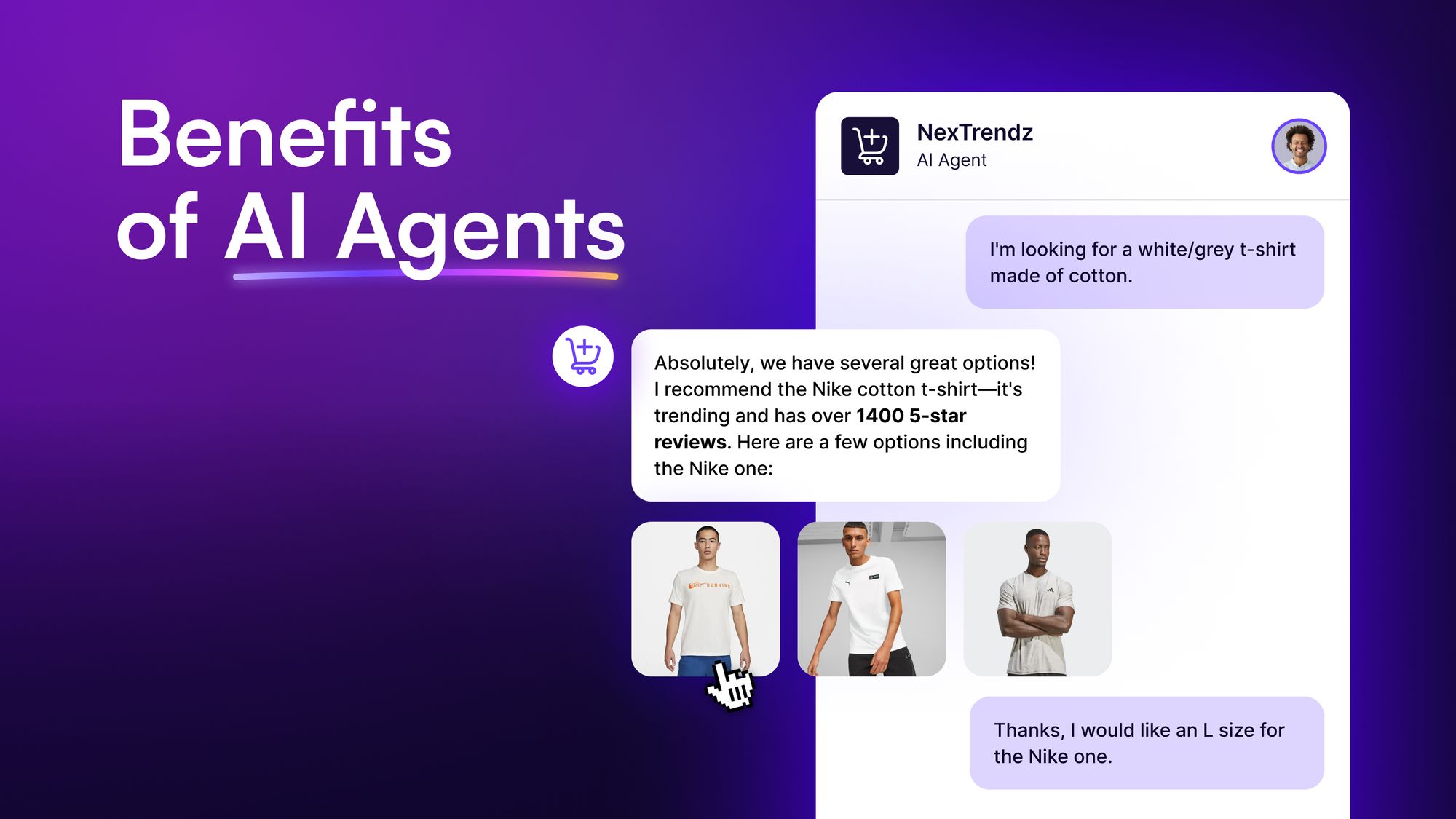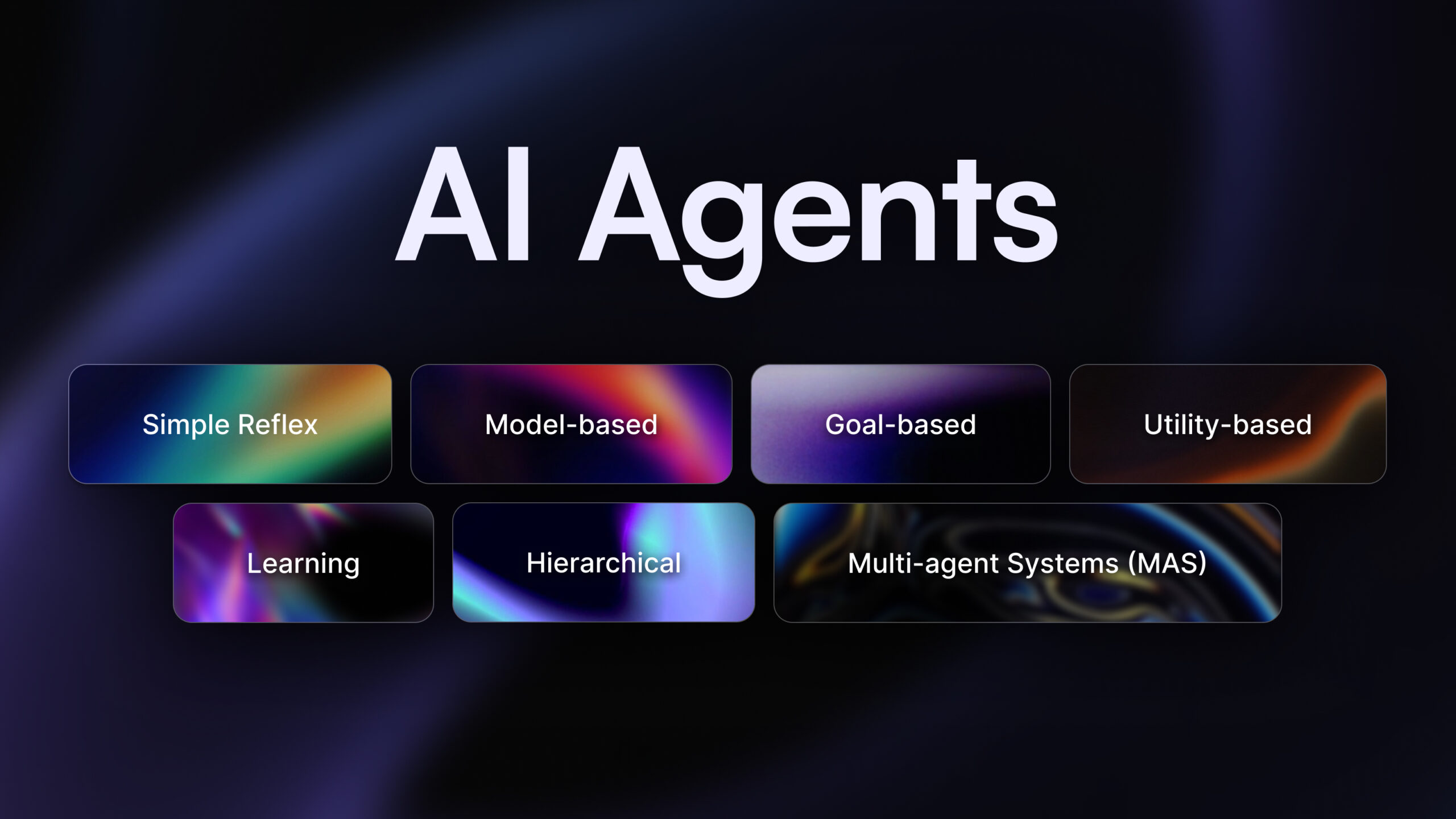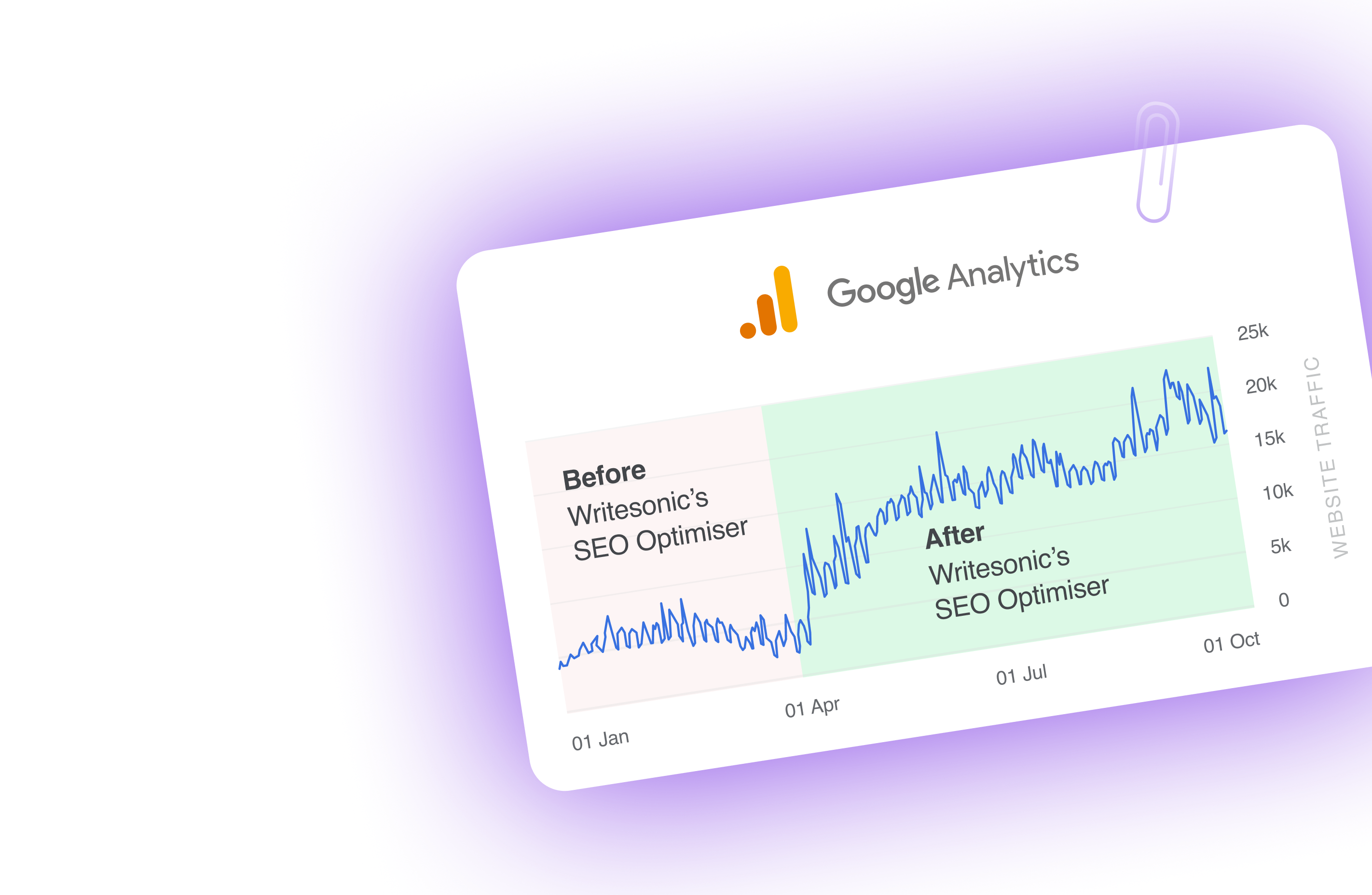“AI agents vs. AI chatbots” Confused between these two terms in this era of all things AI?
Ever since ChatGPT was introduced, everybody is quite familiar with AI chatbots and how they work. But as we go forward, we are now seeing the term “AI agents” also growing popular.
Admittedly, the terms AI agents and AI chatbots are often used interchangeably. So, it’s easy to get confused. But they are used wrongly so both AI platforms are distinctively different.
Want to learn how AI agents differ from AI chatbots? This guide is for you.
New to AI agents? Check out our guide on “What Is an AI Agent?” to discover how they work, their capabilities, types, and use cases.
AI Agents vs. AI Chatbots: A Quick Glance
AI chatbots are conversational tools useful for answering general queries and have human-like interaction capabilities. In comparison, AI agents are programs that can make decisions and execute tasks with minimal human input.
Here’s an AI agent vs. AI chatbot comparison table to quickly go through their features:
| Feature | AI Chatbots | AI Agents |
|---|---|---|
| Definition | Conversational tools designed to mimic human-like interactions | AI-based programs that can sense their environment, make decisions, and take action on their own |
| Primary Function | Answer questions and provide information | Execute tasks and make decisions autonomously |
| Knowledge Base | Limited to their own database and web searches | Access to external tools, APIs, and real-time data |
| Learning Capability | Limited; require manual updates | Continuously learn from data and interactions |
| Adaptability | Less adaptable; stick to pre-programmed responses | Highly adaptable; can update methods based on new data |
| Context Awareness | Often forget context between chats | Maintain context across different conversations and tasks |
| Problem-Solving | Good for simple, one-step questions | Can break down and solve complex problems independently |
| Integration | Minimal system integration | Can connect with multiple systems and tools |
| Accuracy and Reliability | May provide inaccurate answers due to limited knowledge | More reliable for specific tasks due to access to necessary tools |
| Use Cases | Customer service, FAQs, basic support | Marketing automation, travel planning, web searches, portfolio management |
| Cost | Generally less expensive | More expensive but can potentially reduce operational costs |
What are AI Chatbots?
AI chatbots are conversational tools that can mimic human-like interactions. They are programmed to understand specific inputs and provide relevant responses, making them popular for customer service, e-commerce, and other applications that require streamlined communication.
Here’s what you get with AI chatbots:
- Scripted responses: Chatbots rely on predefined scripts or decision trees to guide their interactions.
- Specific use cases: They are tailored for specific tasks, such as answering FAQs or providing basic support.
- Interactive Simplicity: Their conversational abilities are limited to straightforward questions and commands.
Discover more about AI chatbots through this ultimate AI chatbots guide.
Think ChatGPT. It can help you search the web for, say, flights going from New York to Houston.
Or, give you some of the best chocolate cookie recipes.
But that’s what it’s limited to — giving knowledge. Ask it to do tasks for you:
And it’ll give you instructions but won’t be able to execute it. This is where AI agents come in.
What are AI Agents?
AI agents are artificial-intelligence-based programs that can sense their environment, make decisions, and take action on their own to reach specific goals, without human intervention.
They use advanced technologies such as machine learning, natural language processing, and real-time data analysis to adapt and execute actions.
Here’s what you get with AI agents:
- Autonomy: AI agents can make decisions independently based on their programming and learned experiences.
- Versatility: They can handle a wide range of tasks, from navigating a car to managing financial portfolios.
- Learning capability: AI agents continuously learn from data and interactions, improving their efficiency over time.
Take Chatsonic, for example. It is an AI agent for marketing that helps you streamline all marketing tasks.
Instead of a generic reply, Chatsonic gives an in-depth answer for the query, backed with research that’d be useful for any marketer.
Learn more about what Chatsonic can do and how it can help your business through this detailed guide about Chatsonic.
Consider AI agents to be an upgraded version of AI chatbots. While chatbots gave us a good glimpse of what AI is capable of, AI agents actually leverage these capabilities to streamline our workflow.
When you compare AI chatbots vs. AI agents, you can find several differences.
AI Chatbots only have access to their own database
Try asking ChatGPT any query, and it’ll only reply based on the information already present in its knowledge base. Or, at most, it’ll look for information on the web.
Here’s an example. We’ve asked ChatGPT to design a travel itinerary:
Notice how it only gives information on “what to do,” but provides no actionable options. Say you want to book the flight from Madrid to Marrakech, you’d have to manually look up the options and do so externally.
ChatGPT, in itself, provides no option to book a flight.
Now, let’s see what an AI agent does.
AI agents have access to external tools
AI agents are connected to external tools that let them make decisions and take actions to accomplish a specific goal.
Let’s try designing the same travel itinerary as an example using an AI travel agent, Travelandz.
Notice how the agent provides actionable tasks within the itinerary. While the travel plan in itself isn’t too different, you can directly book flights or accommodation from the AI agent itself. There’s no need to manually look for options through other platforms.
Similarly, if you use any other AI agents, they’ll be connected to the relevant tools and will help you complete the specific task end-to-end.
And this isn’t the only difference in AI chatbots vs. AI agents.
AI Chatbots Can Only Execute Simple Manual Commands
AI chatbots primarily operate through a system of manual commands and predefined responses. In other words, they can’t execute elaborate strategies or make decisions by themselves.
Say you want to find the contact information of certain companies and organize them in a spreadsheet.
ChatGPT will deliver a seemingly perfect result. However, notice how it fails to find the “Head of Marketing” of most companies. Also, clicking on the contact information of any company simply leads to their website.
That’s because ChatGPT is used to simple commands and this query is too complex for it to execute properly.
Now, try breaking down the query into multiple queries.
Notice how it gives accurate information. For a small scale, this might be a good solution. But when you’re operating at a large scale, incorporating AI that only executes simple commands isn’t feasible.
That’s what makes AI agents more useful.
AI Agents Can Make Decisions and Take Actions on Their Own
As we discussed before, AI agents have access to external tools that make them capable of making decisions and taking actions without human intervention.
They can handle complex queries and execute strategies without requiring constant monitoring.
Consider Project Mariner, the AI web search agent developed by DeepMind.
The AI agent can automate web searches and organize the data. The query about fetching contact information of various companies we asked ChatGPT earlier? Project Mariner can automatically do that.
While these are the key differences between AI chatbots vs. AI agents, there are other differences you should also consider.
Compare Chatsonic with ChatGPT to understand more about AI agents vs AI chatbots.
Other Differences Between AI Chatbots vs AI Agents
Let’s dig into what really sets AI chatbots and agents apart. The differences go way beyond basic functionality — they shape how these tools handle real-world challenges.
Problem-solving capabilities
Put a complex problem in front of an AI agent and a chatbot, and you’ll see the difference immediately. AI agents break down tricky problems into bite-sized pieces and figure out solutions on their own.
While chatbots shine at simple, one-step questions, AI agents tackle multi-step challenges without needing someone to hold their hand.
Scope of knowledge
The knowledge gap between these tools is pretty striking. AI agents pack some serious capabilities:
- Pull real-time data from tools and APIs
- Mix and match info from different sources
- Update their knowledge on the fly
- Play nice with various digital systems
Chatbots? They can only access what’s in their database and on the web, so their scope of knowledge, especially in practical scenarios, is limited.
Interaction complexity
The way these tools handle conversations tells another story. AI agents keep track of context across different chats and tasks, while chatbots tend to forget what you just told them as soon as the chat ends. AI agents smoothly jump between topics without losing the plot – try that with a chatbot and watch it stumble.
Learning and adaptation
AI agents thrive on change, constantly updating their methods and learning from new data to improve over time.
Chatbots, in contrast, stick to their pre-programmed responses and only evolve when manually updated, leaving them less adaptable in dynamic situations.
Accuracy and reliability
Due to the limited scope of knowledge of AI chatbots, they often don’t have answers to many queries. However, they attempt to assist you as much as possible as per their training, which becomes a disadvantage here.
Instead of admitting the lack of information, AI chatbots make up their own information i.e hallucinate and provide inaccurate answers. This makes them unreliable, especially when used for critical business operations.
AI agents, on the other hand, can handle specific tasks and have access to the necessary tools to accomplish them. Take Chatsonic, for example. The AI marketing agent has access to tools like Ahrefs and Google Analytics, which gives it access to unique keyword insights and page performance results.
AI Chatbots vs AI Agents: Which One to Use?
Stuck between choosing a chatbot or an AI agent? Let’s break down this decision without the tech jargon. After watching countless businesses implement these tools, we’ve figured out what works where.
First up — let’s consider the financials. Chatbots won’t burn through your budget like their AI agents. That’s because the simpler AI chatbots also cost less.
For basic tasks where a lot of automation isn’t necessary, you can simply implement AI chatbots.
However, even if AI agents are more expensive, they automate a lot of tasks and increase productivity. This can slash your operational costs considerably, making them a great investment rather than an expense.
Before you make the call, also consider other factors like:
- How complex are your tasks?
- What systems need to talk to each other?
- How fast do you need answers?
- How much hand-holding can you do?
- What about security?
Check out this handy decision guide we’ve put together:
| Consideration | Choose AI Chatbot When | Choose AI Agent When |
| Task Type | Simple, repetitive queries | Complex, multi-step processes |
| Budget | Limited resources | Investment in advanced AI |
| Timeline | Quick deployment needed | Long-term scalability priority |
| Integration | Minimal system integration | Multiple system connections |
Final Thoughts: AI Chatbots vs. AI Agents — Which One to Choose?
AI chatbots were one of the first manifestations of AI we all were familiar with. Today, we have access to their advanced versions, “AI agents,” that can not only solve queries but also perform tasks.
Even though AI agents can accomplish a lot more than AI chatbots, not all AI agents are built the same. It’s important to choose a platform that’s reliable and is connected to the right tools.
Chatsonic, for instance, is the best AI marketing agent you can choose. With tools like Ahrefs and Writesonic built in, Chatsonic gives you access to the right insights, streamlining your marketing processes.
You can research, create, optimize, and publish with a single AI marketing agent, not only saving costs but also getting better results.
Ready to implement AI agents in your business? Try Chatsonic today!

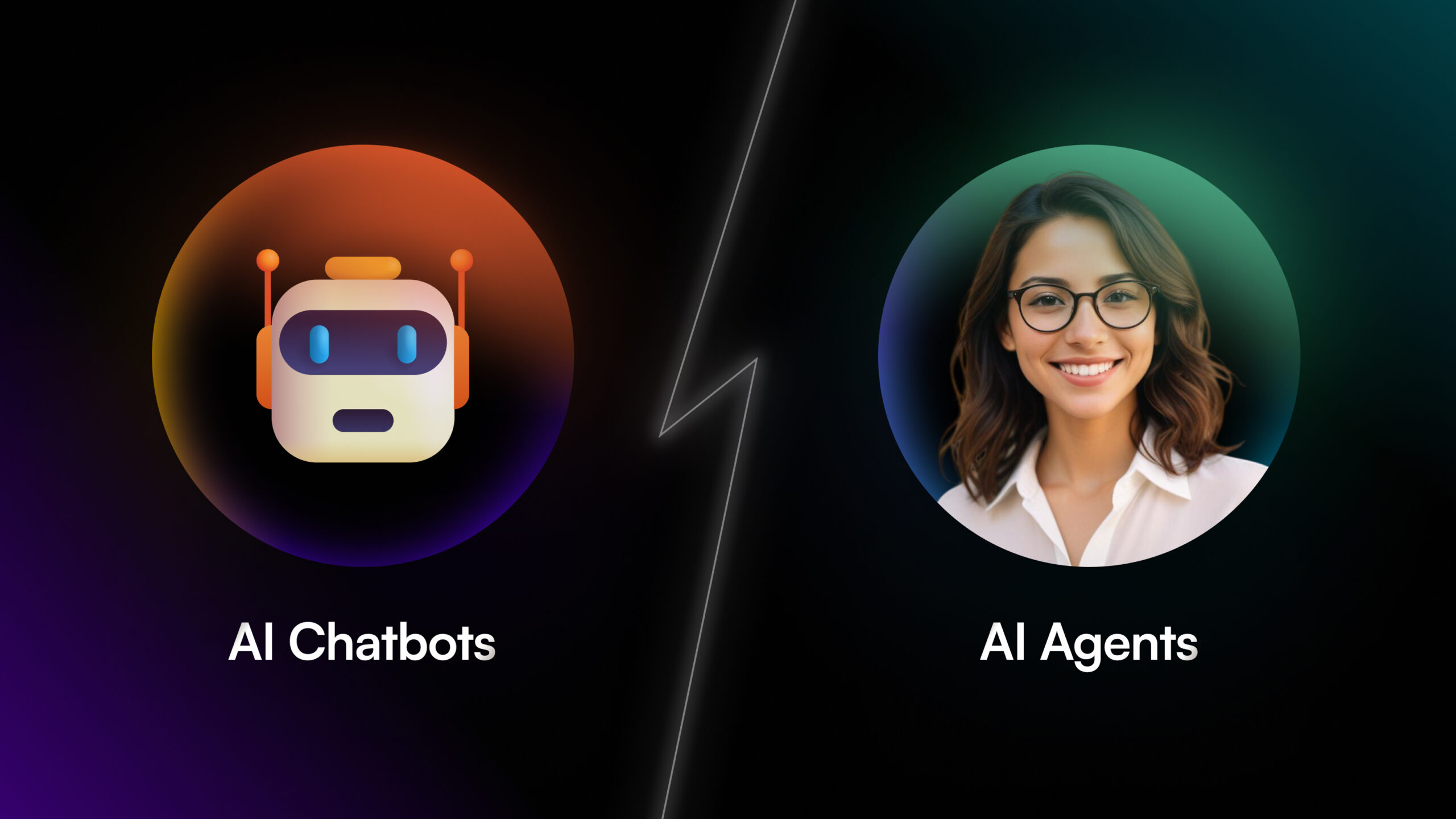
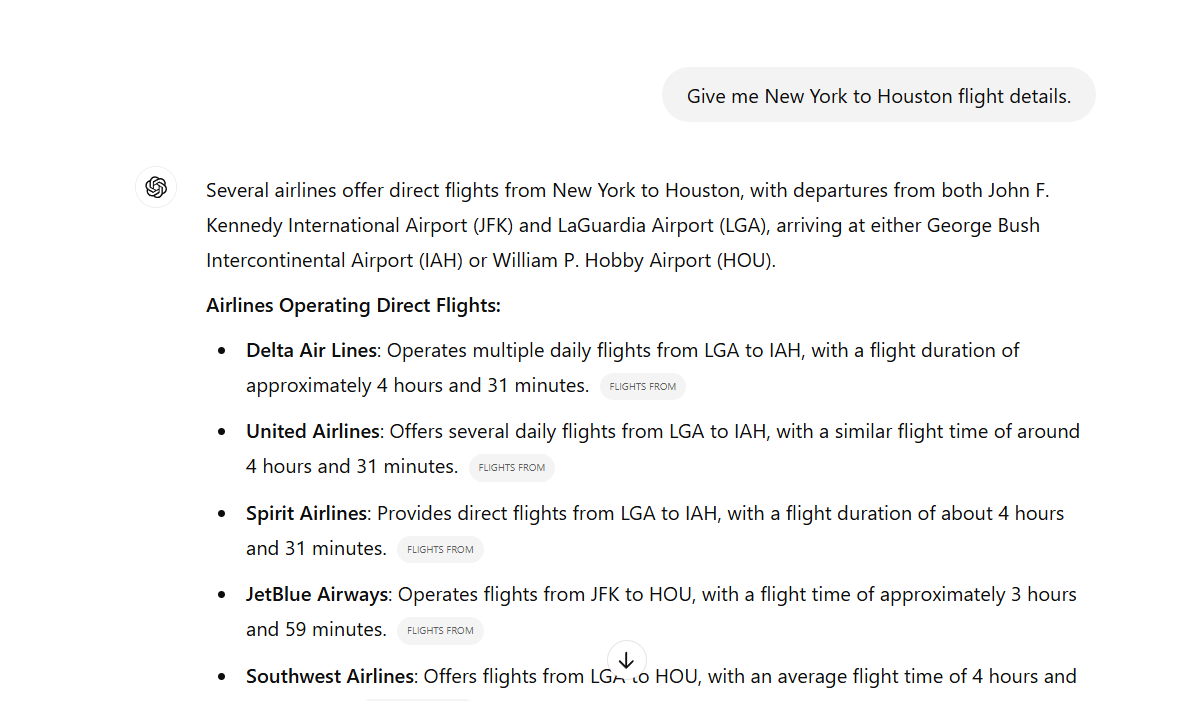
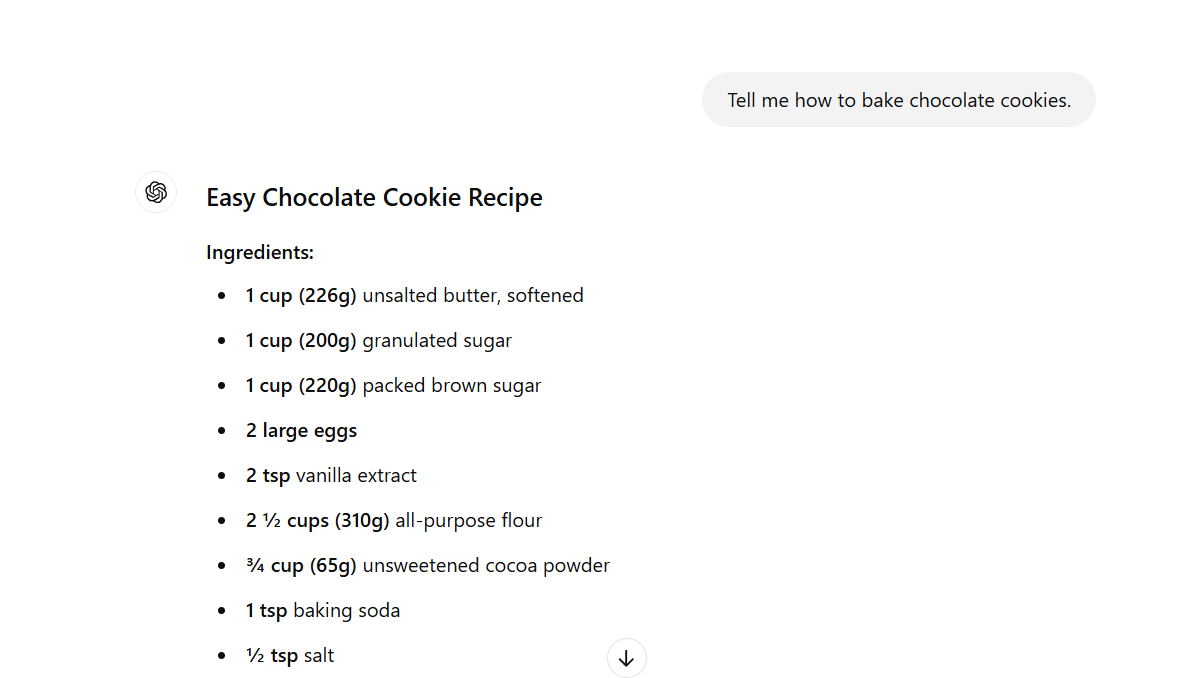
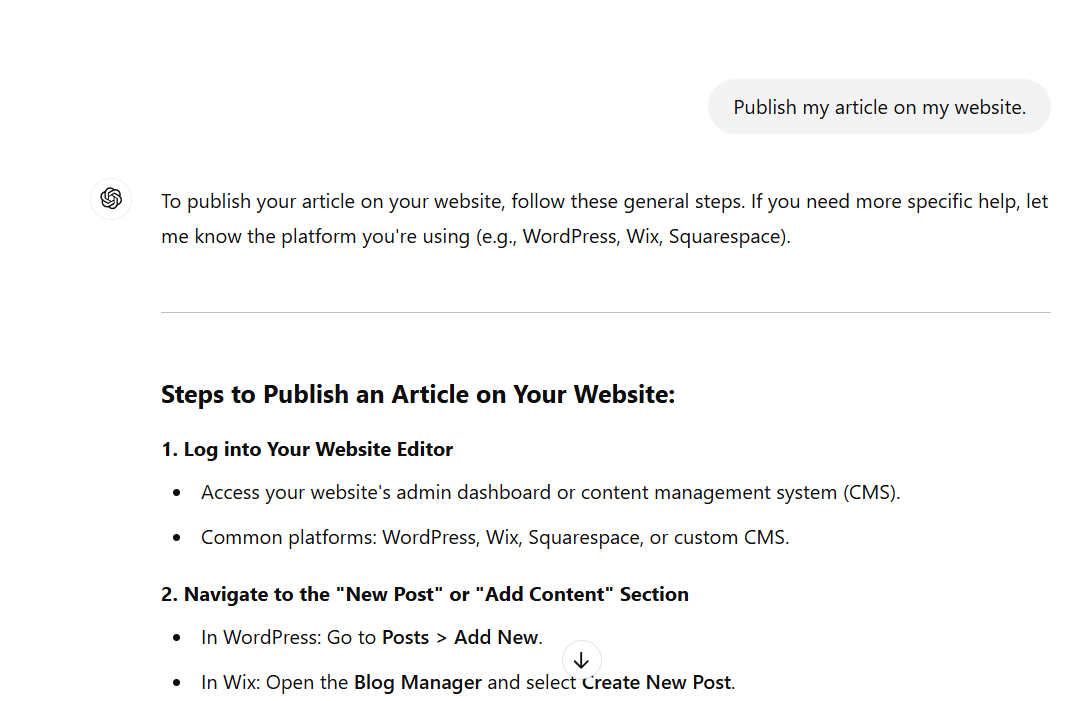
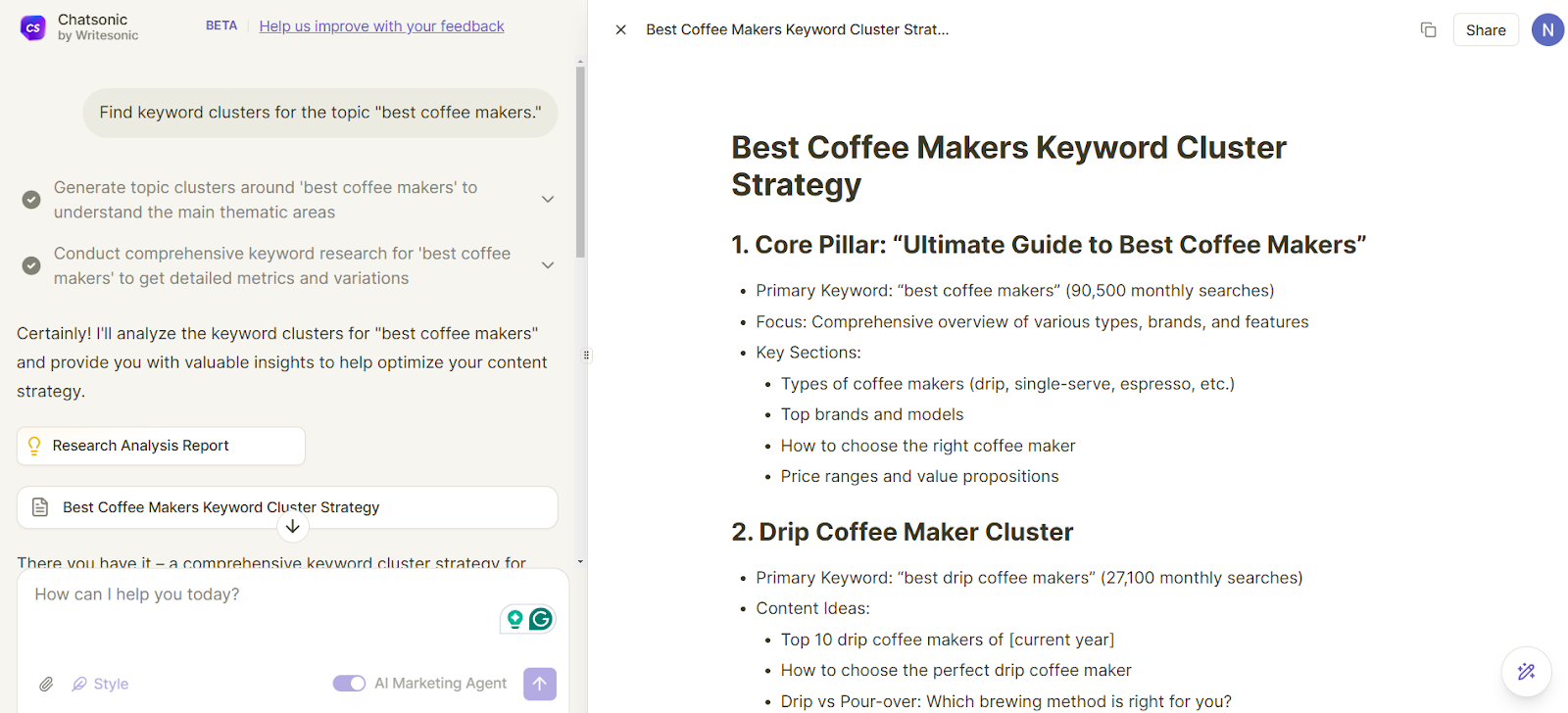
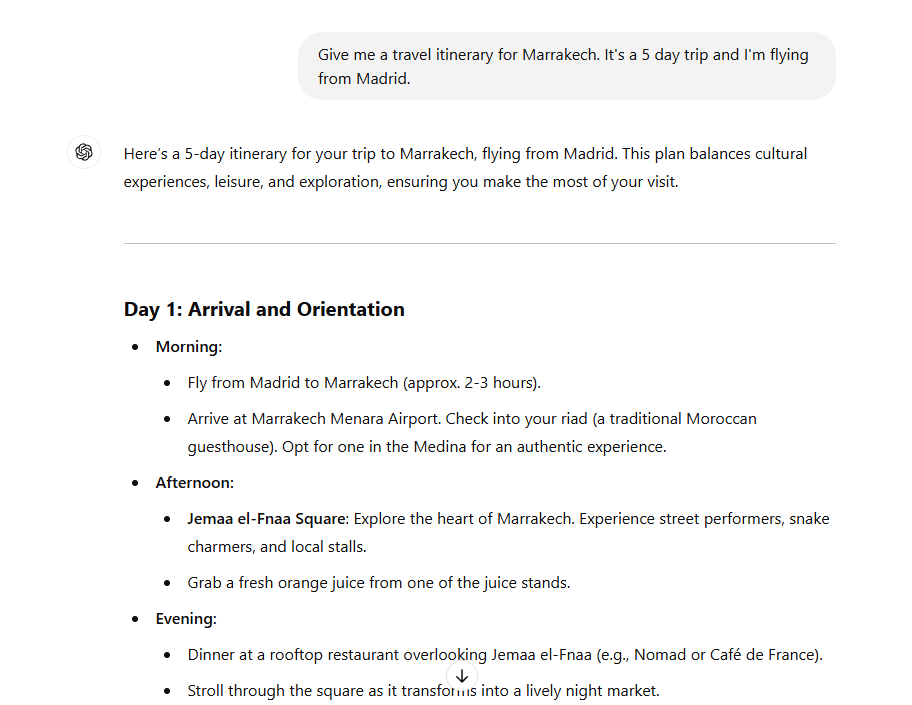
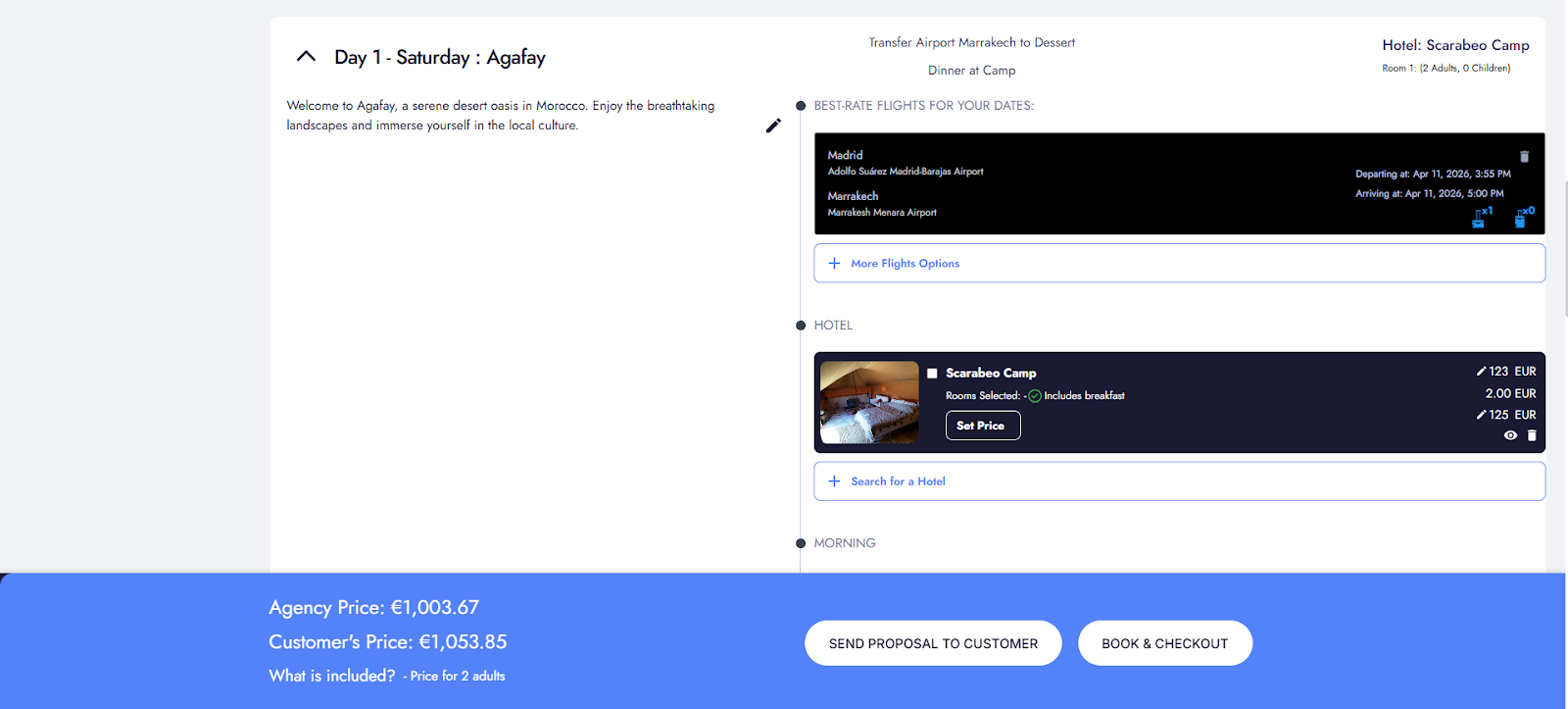
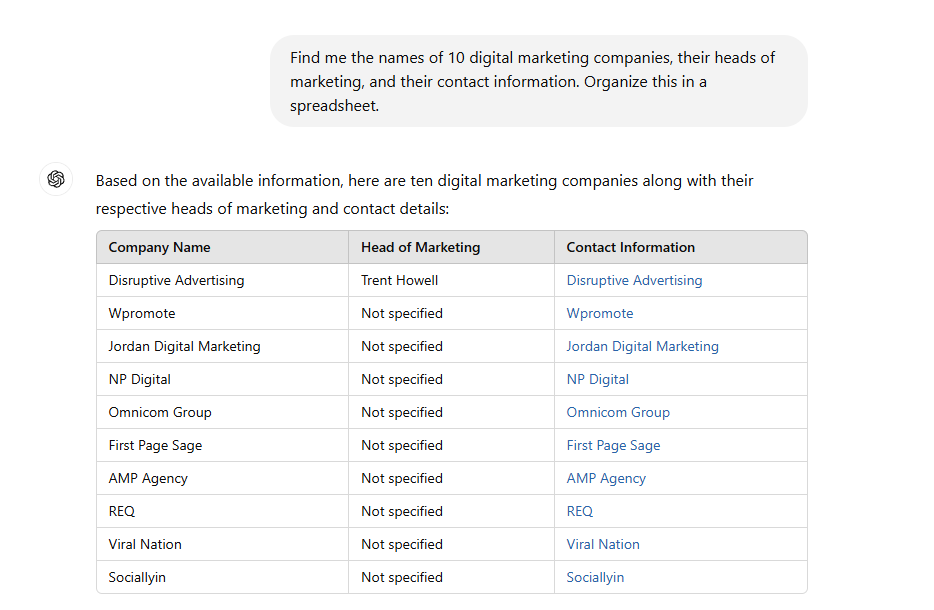
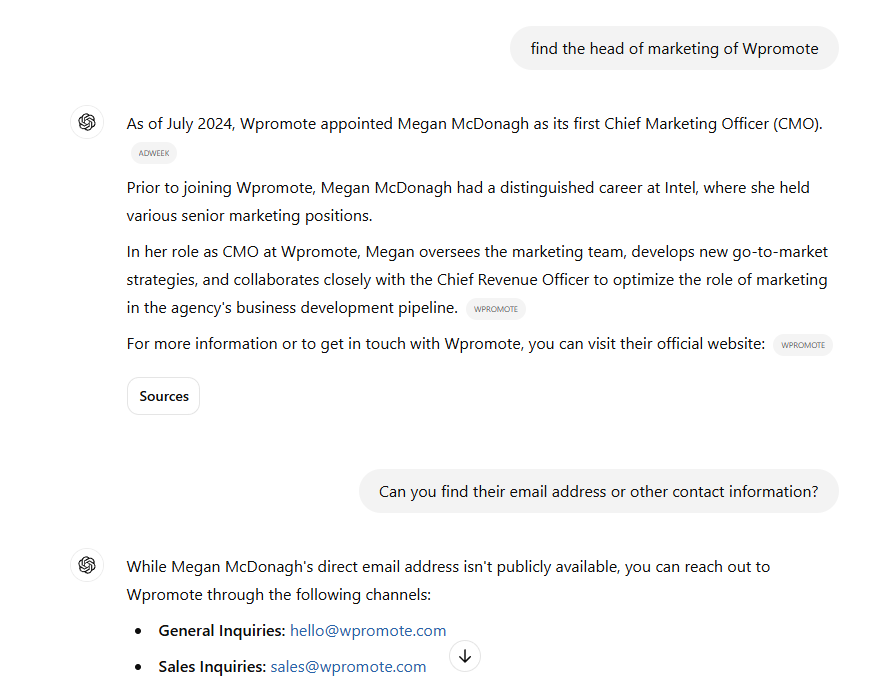
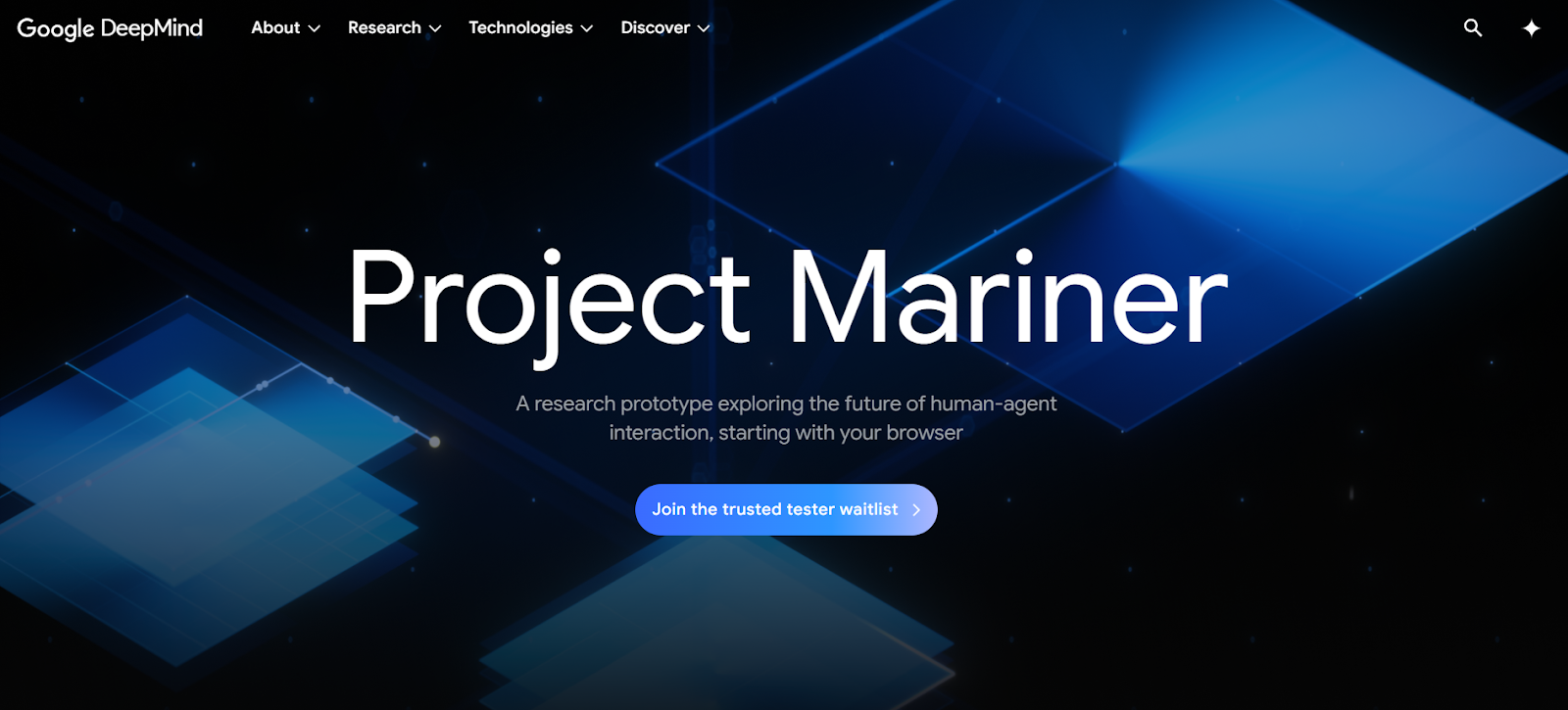

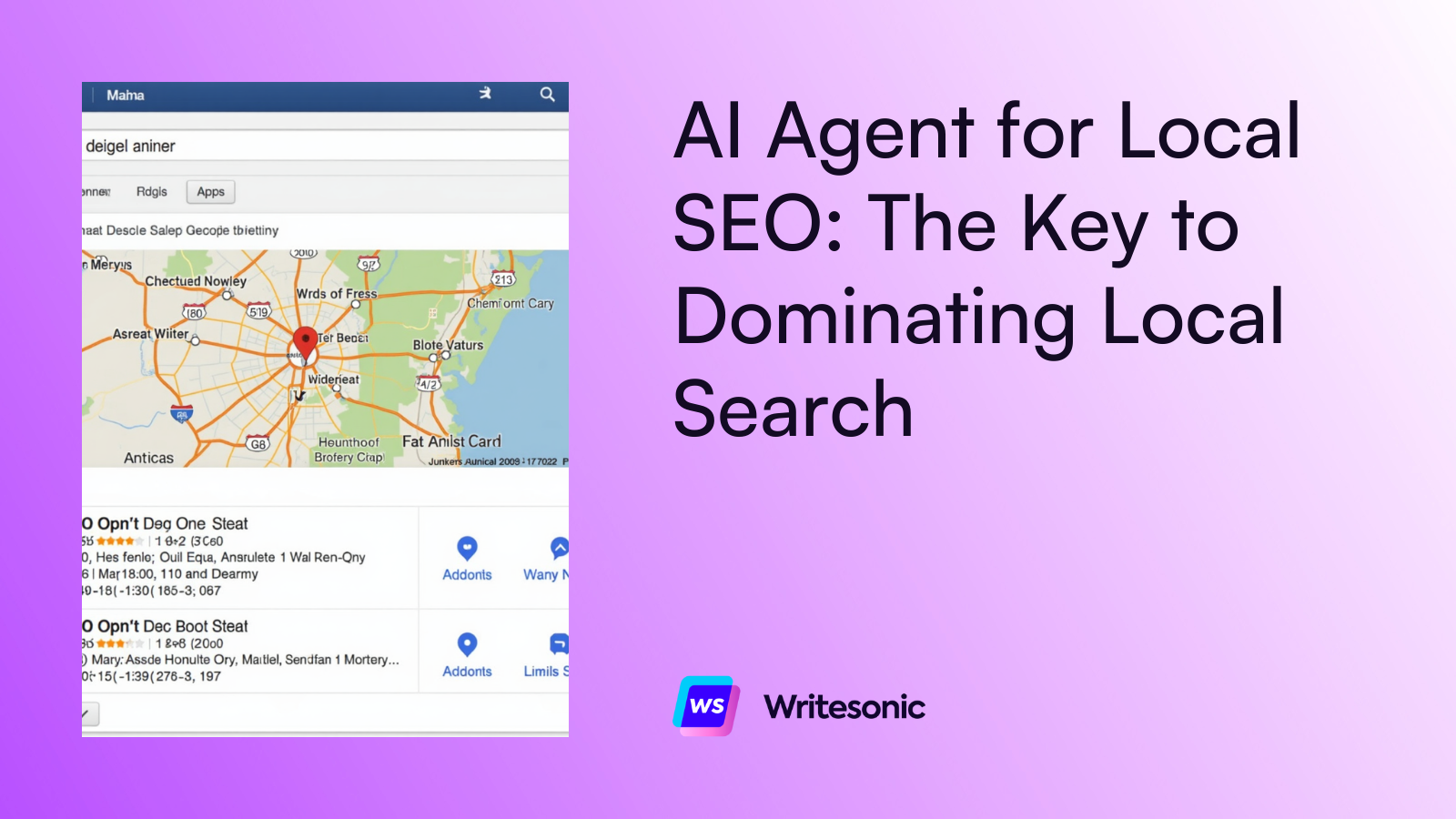


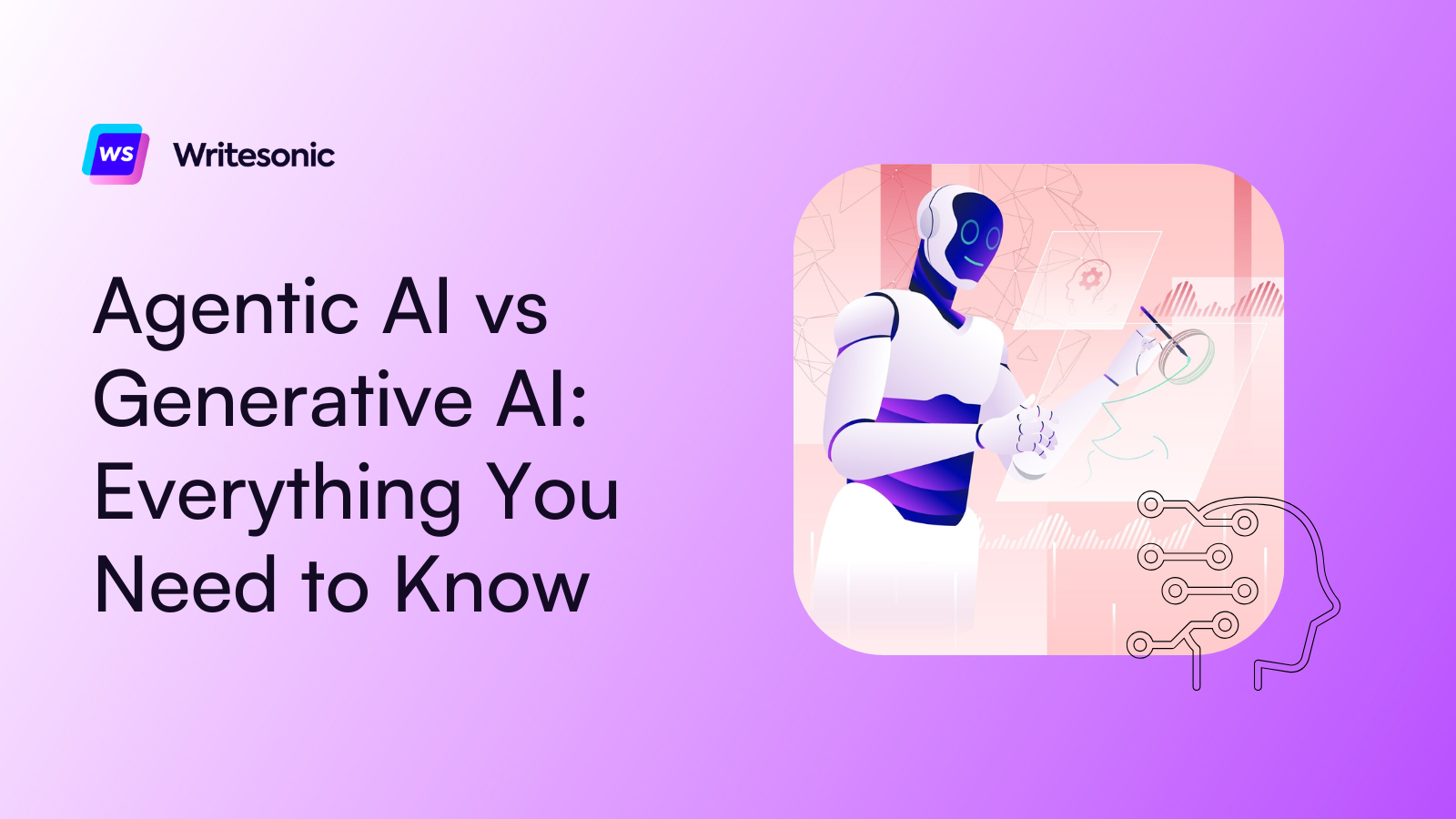

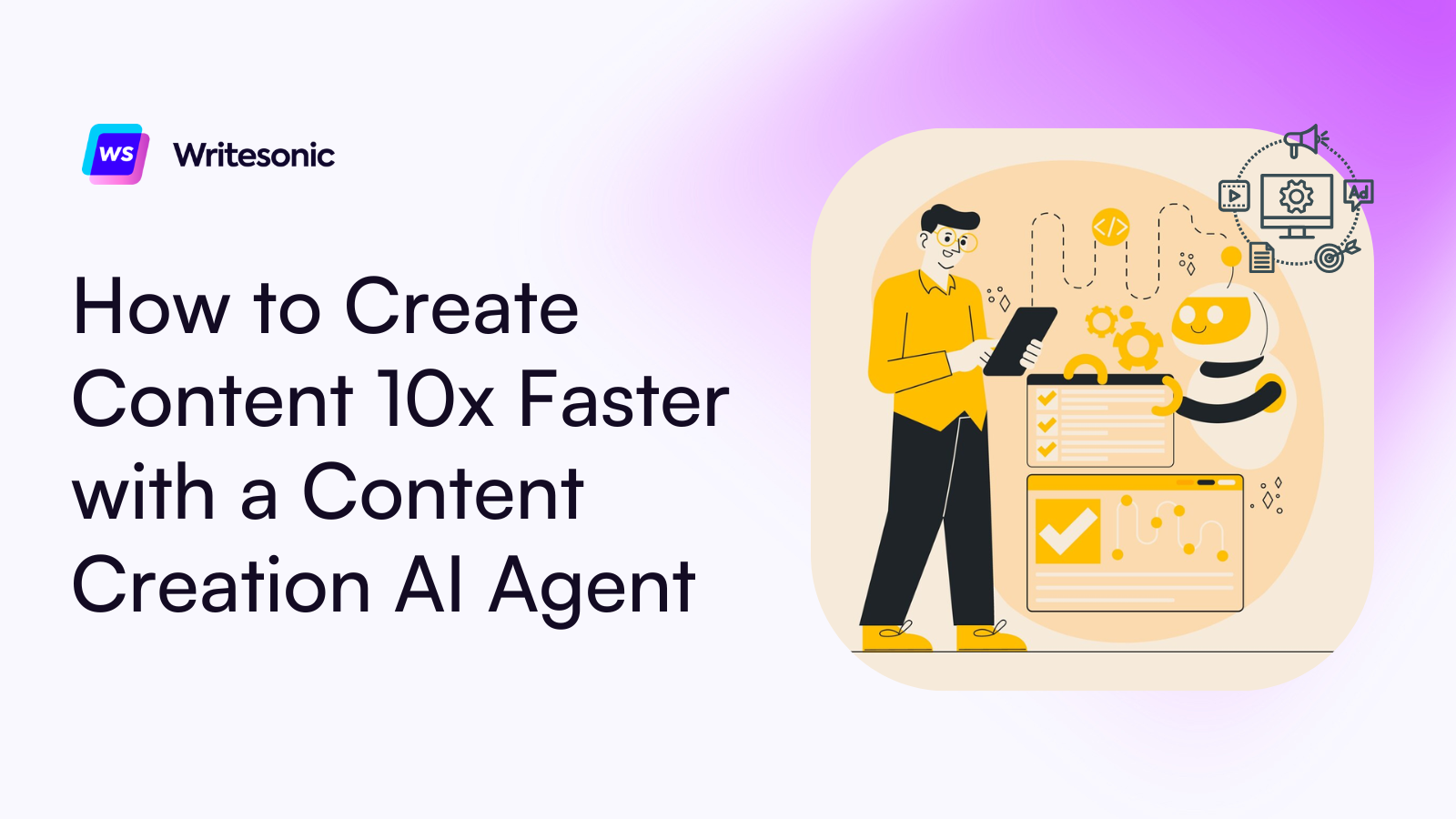
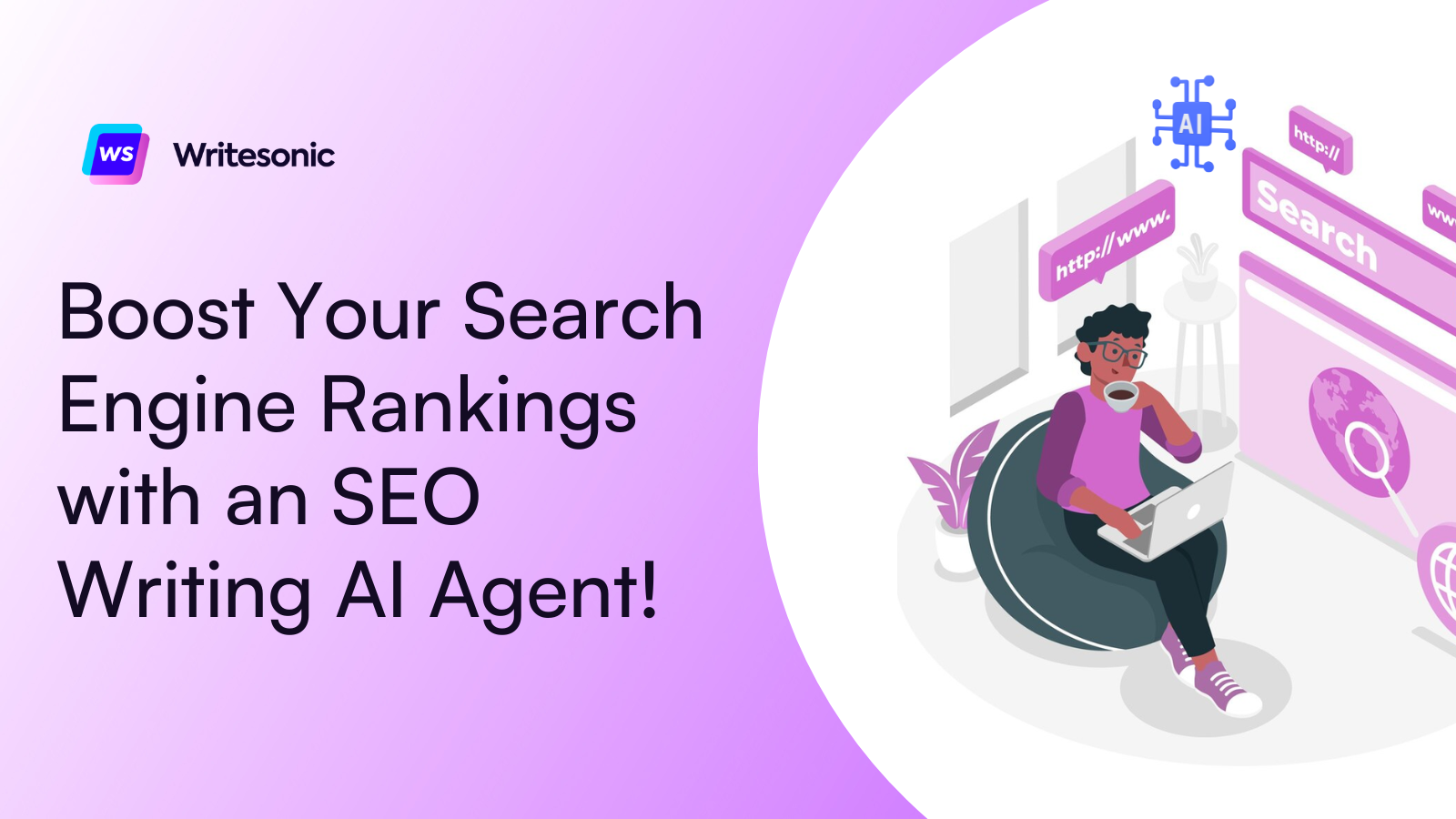

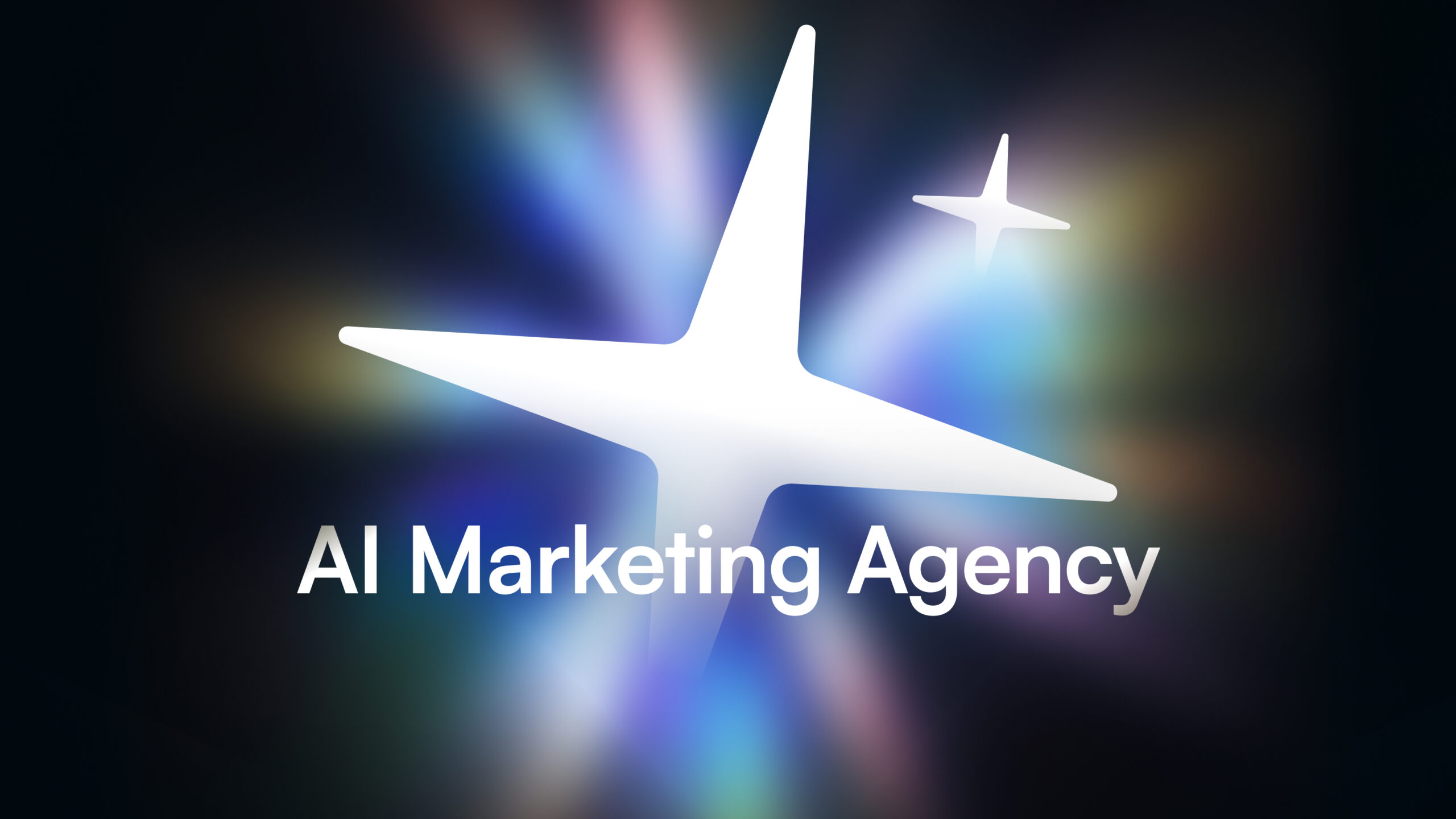
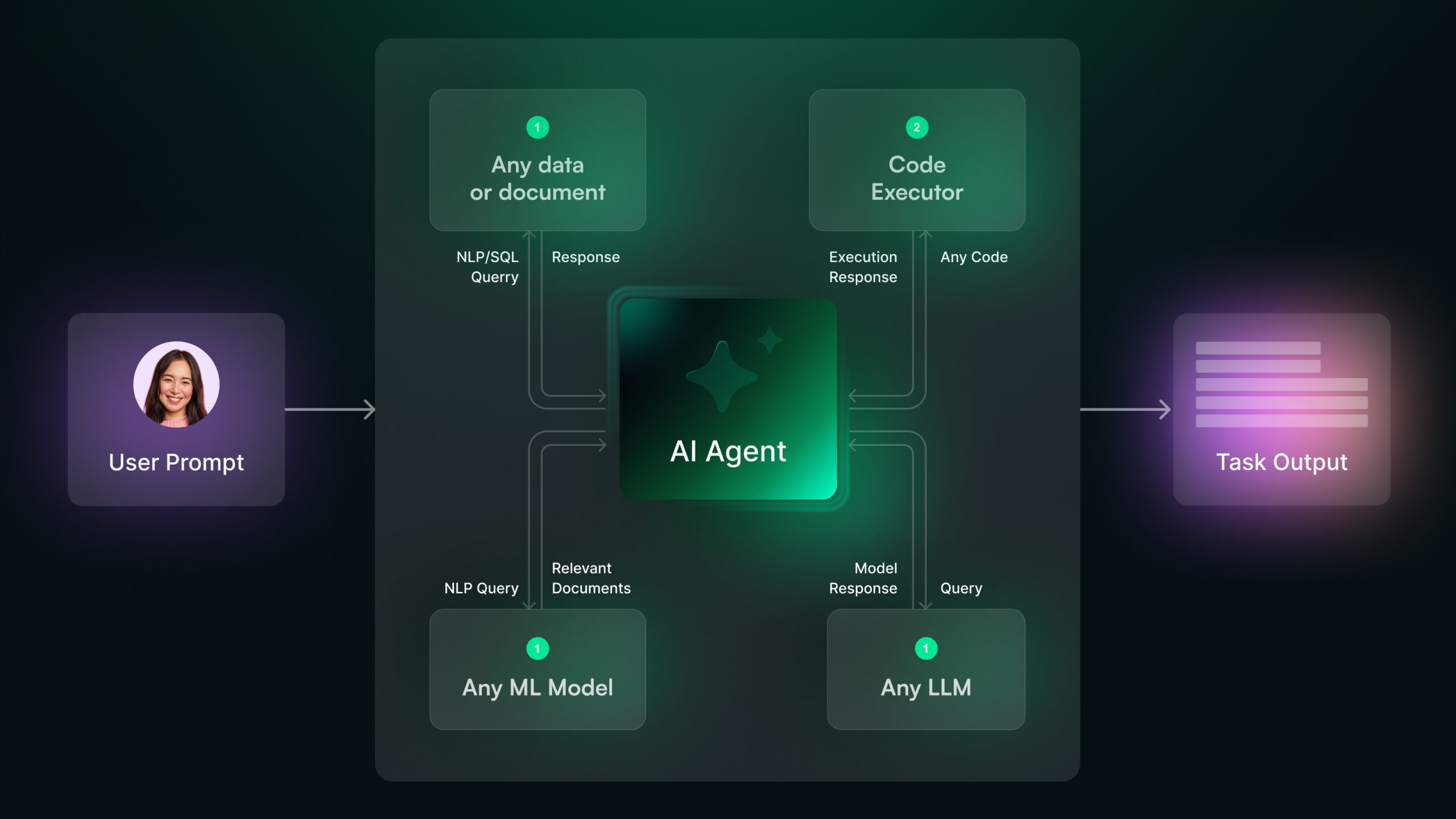
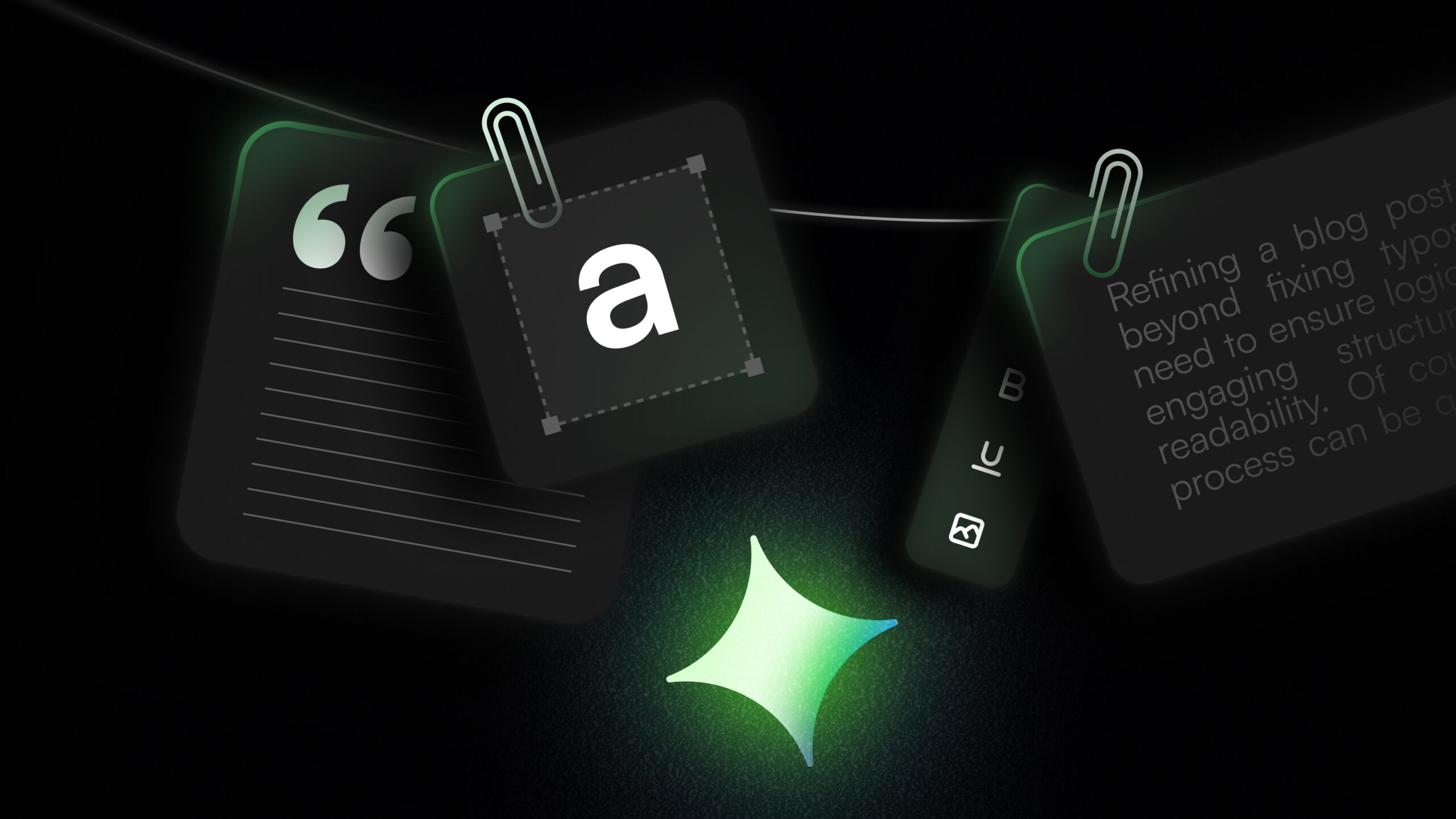
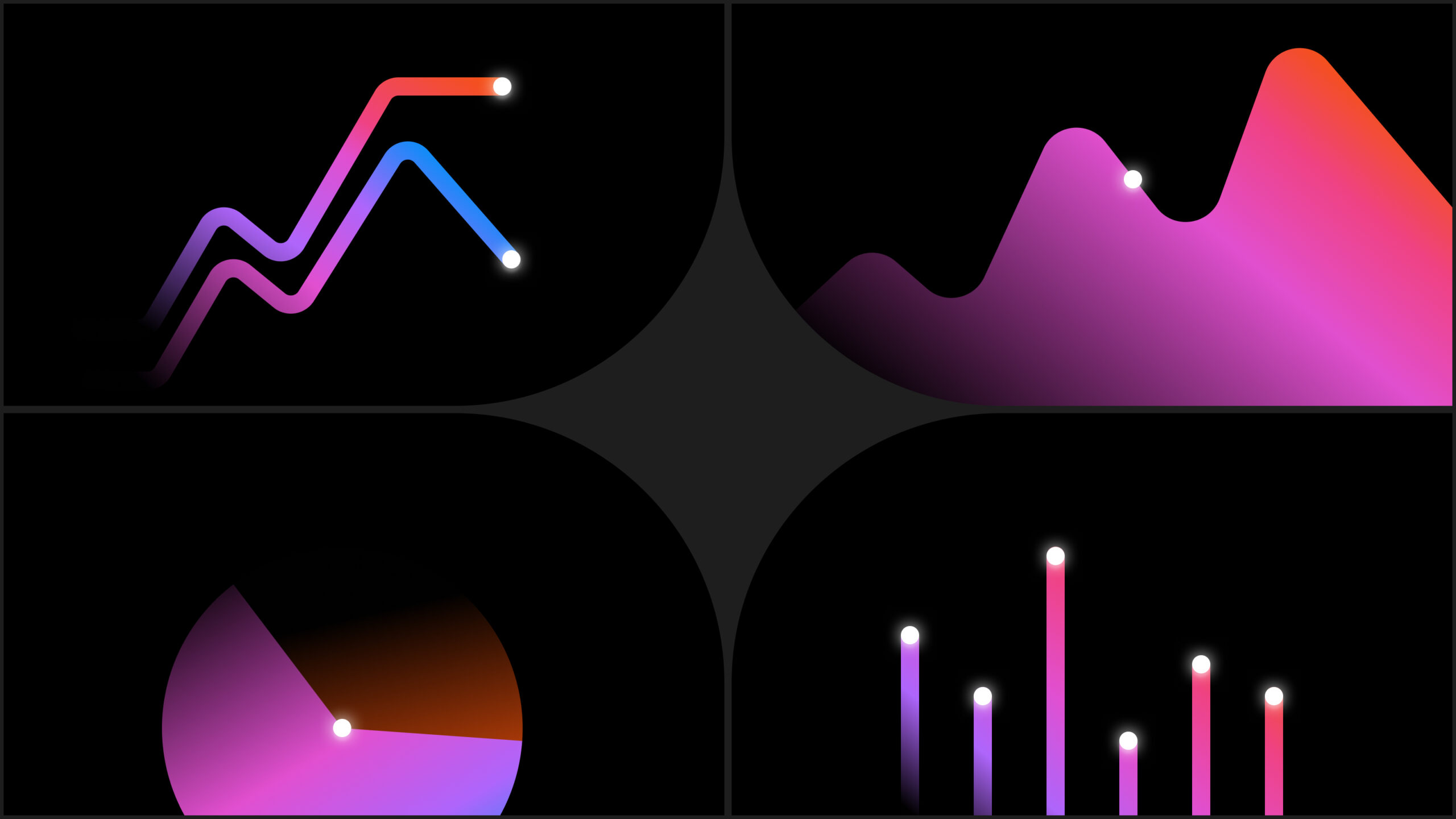

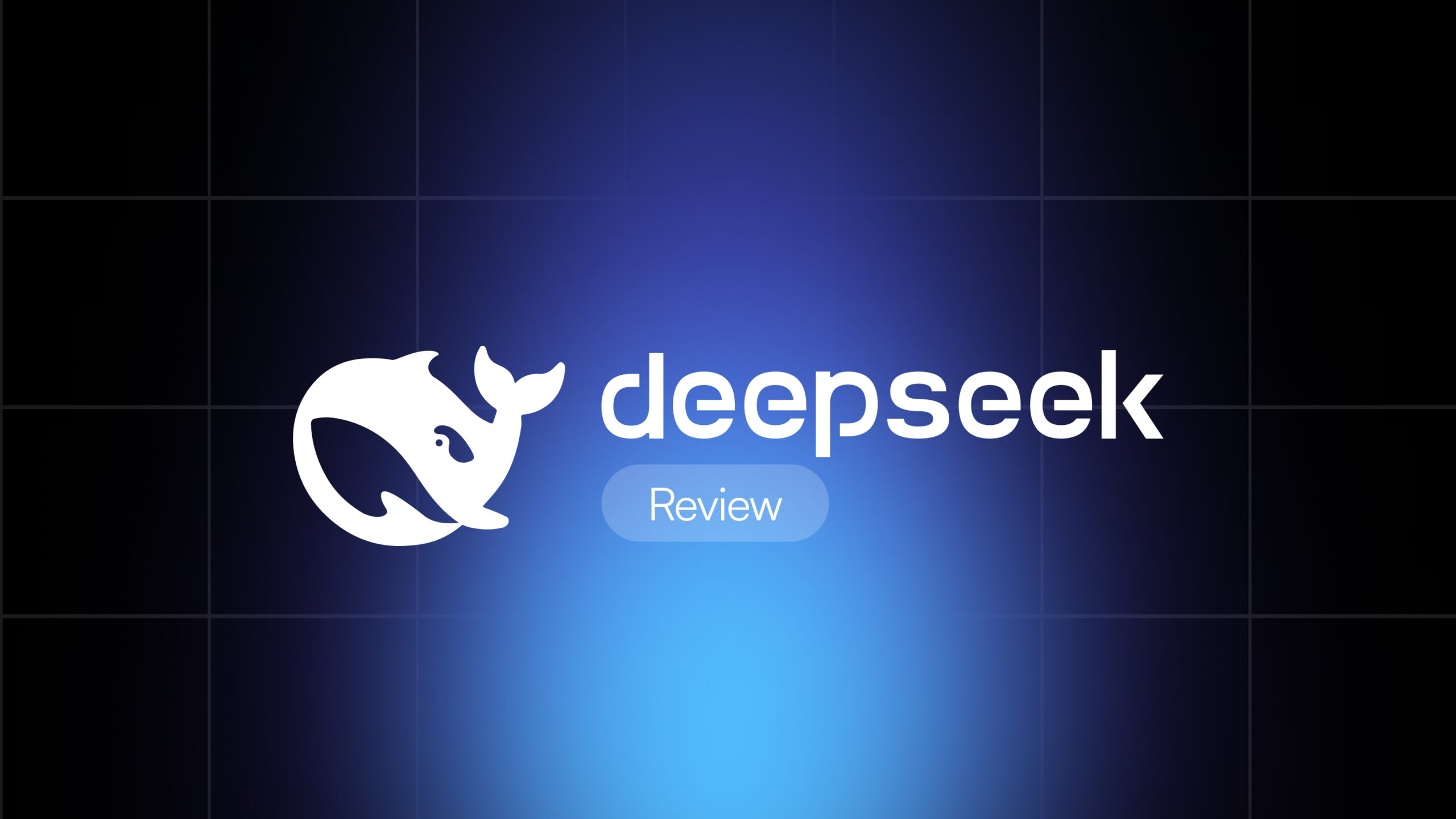

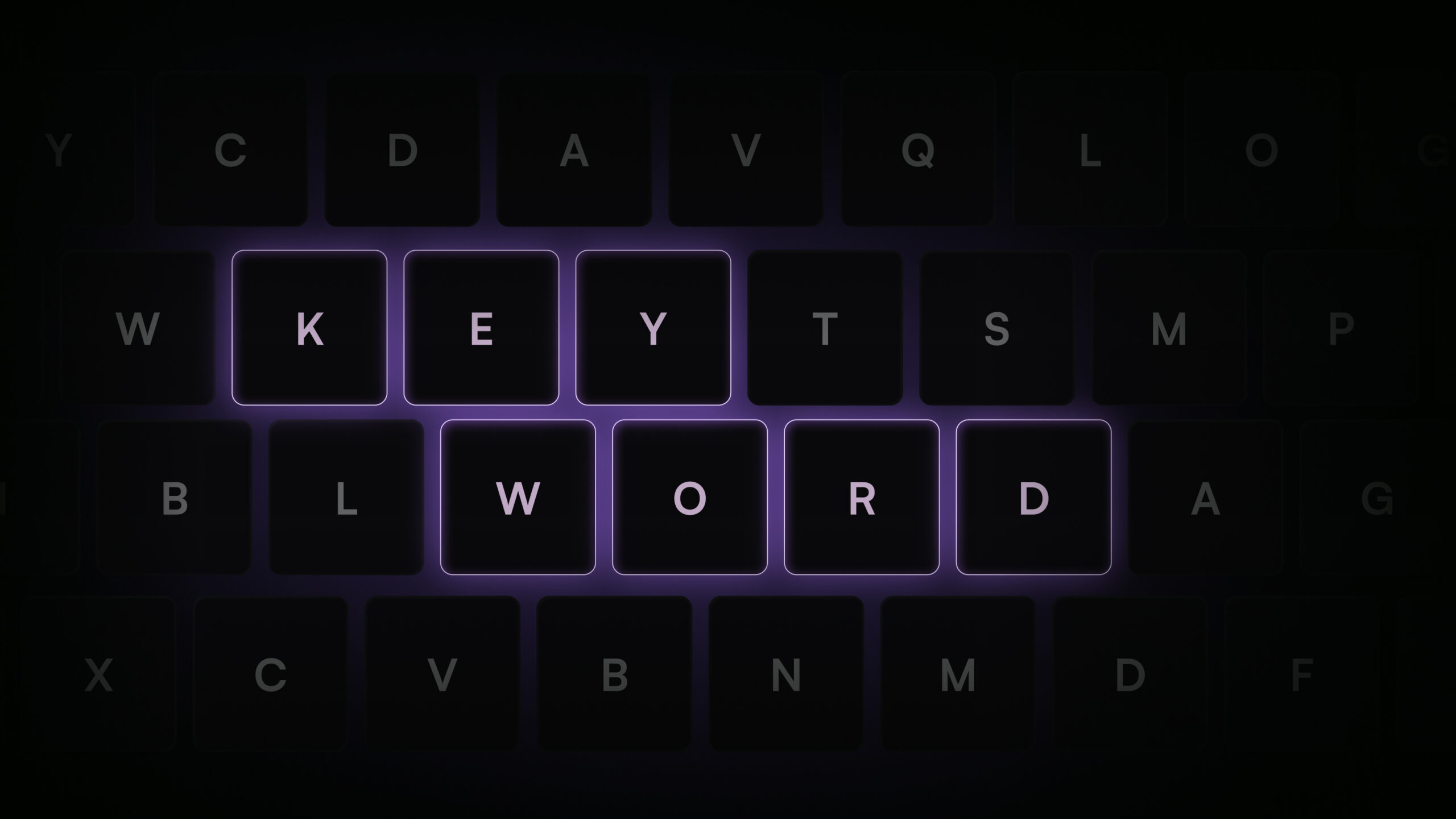
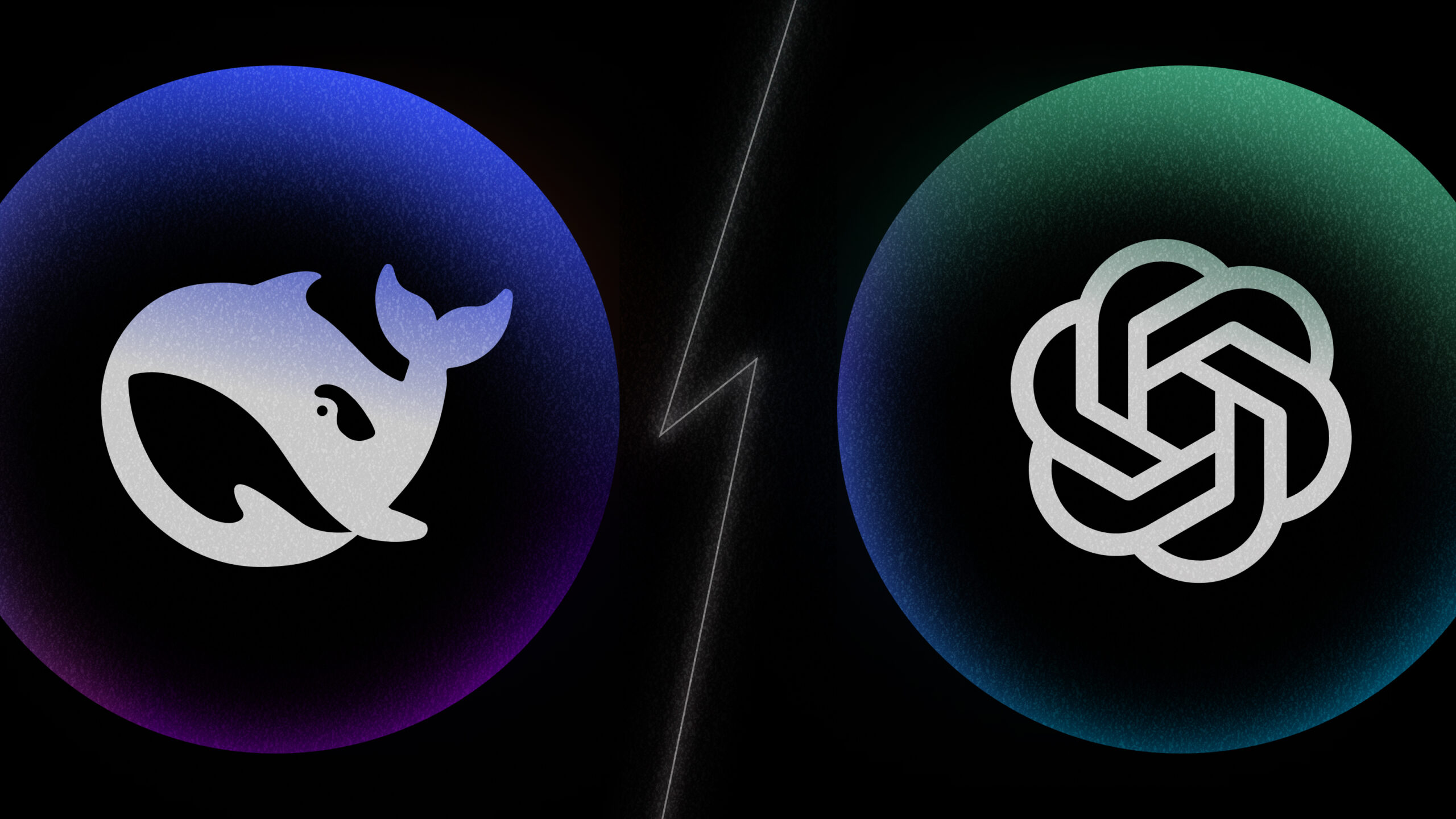
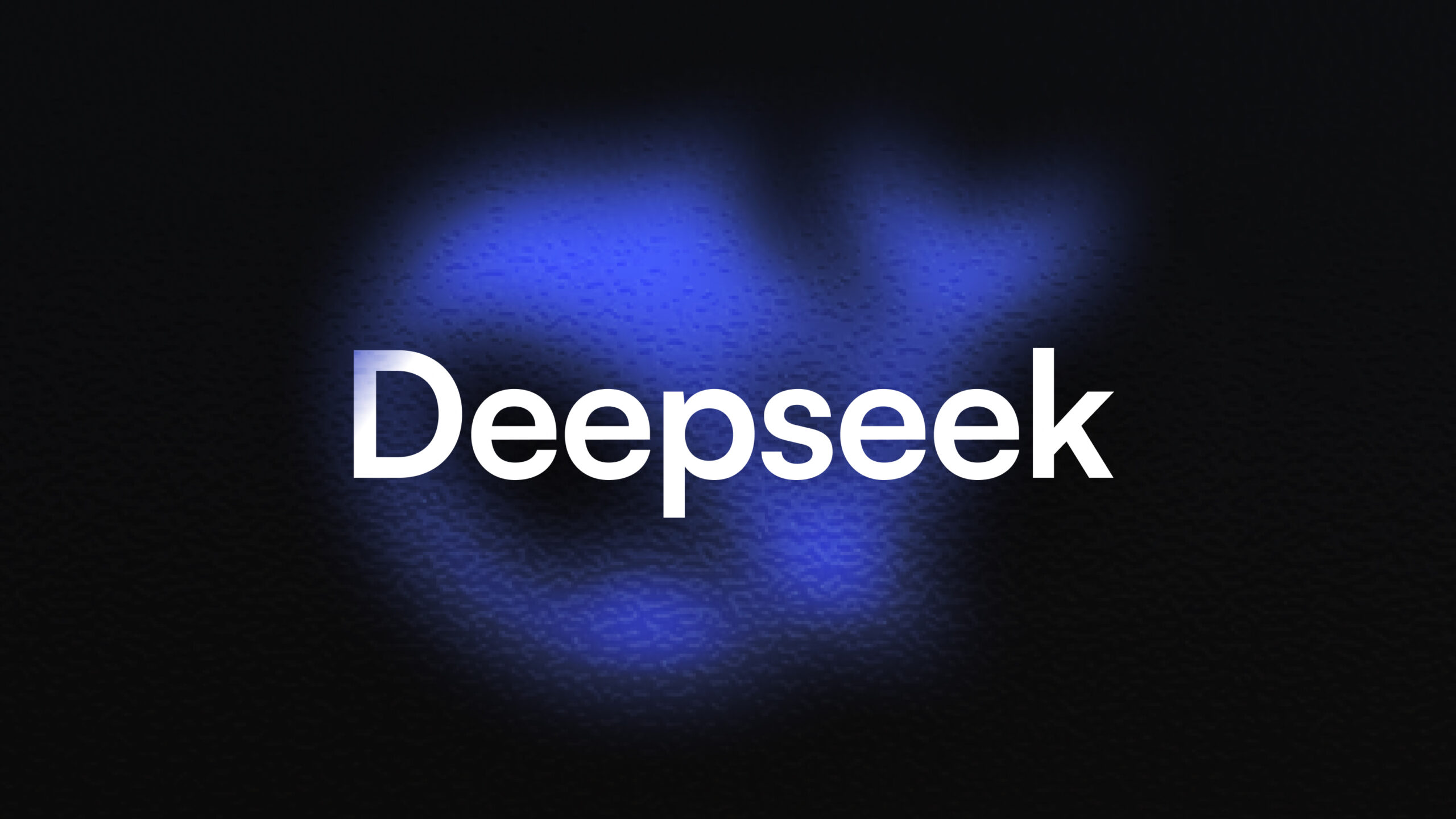
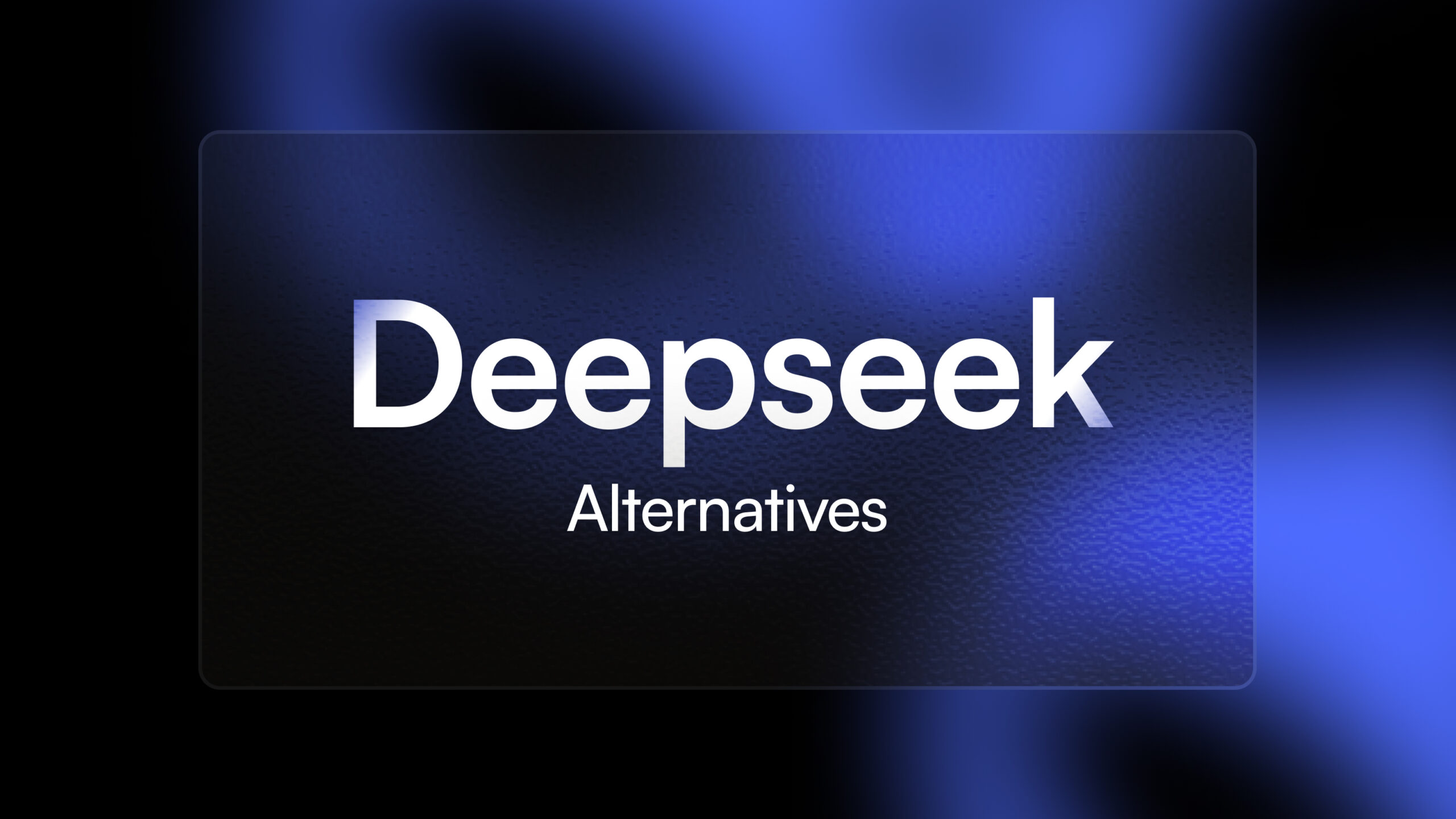
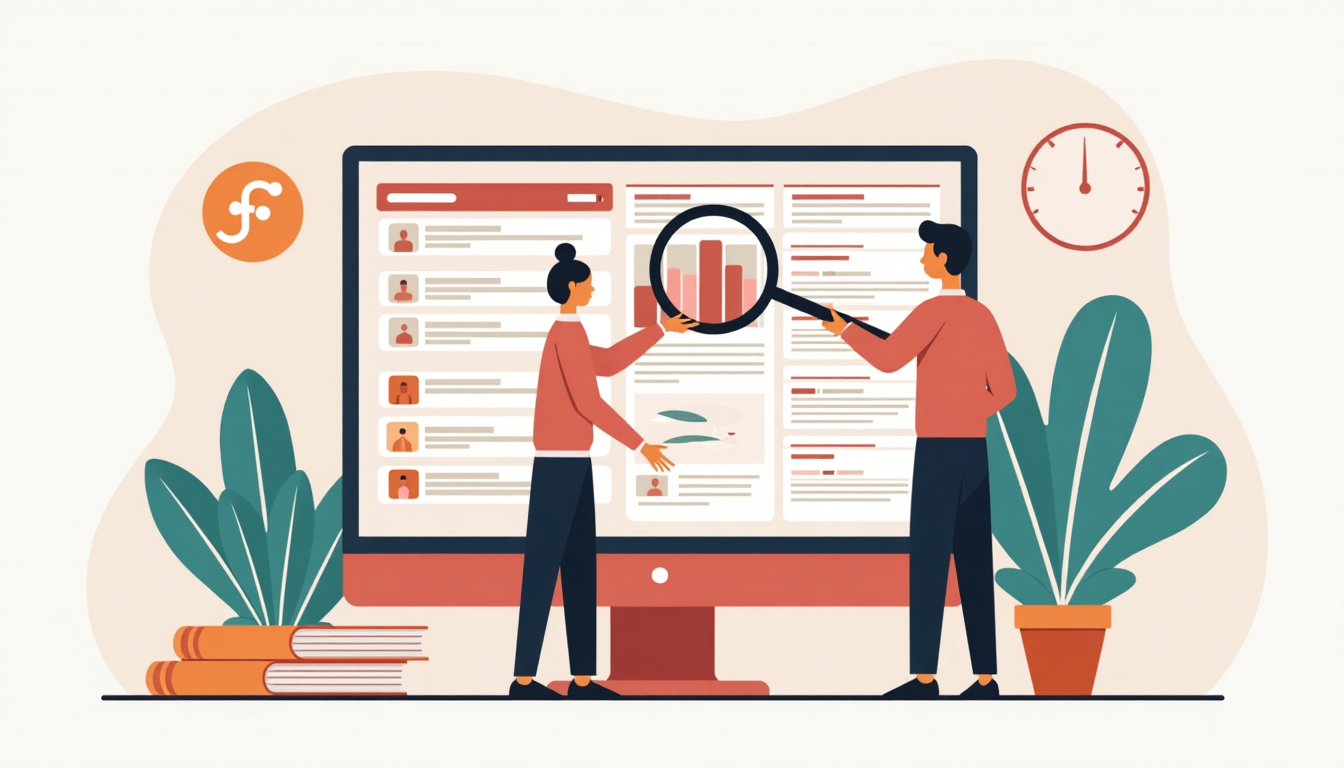

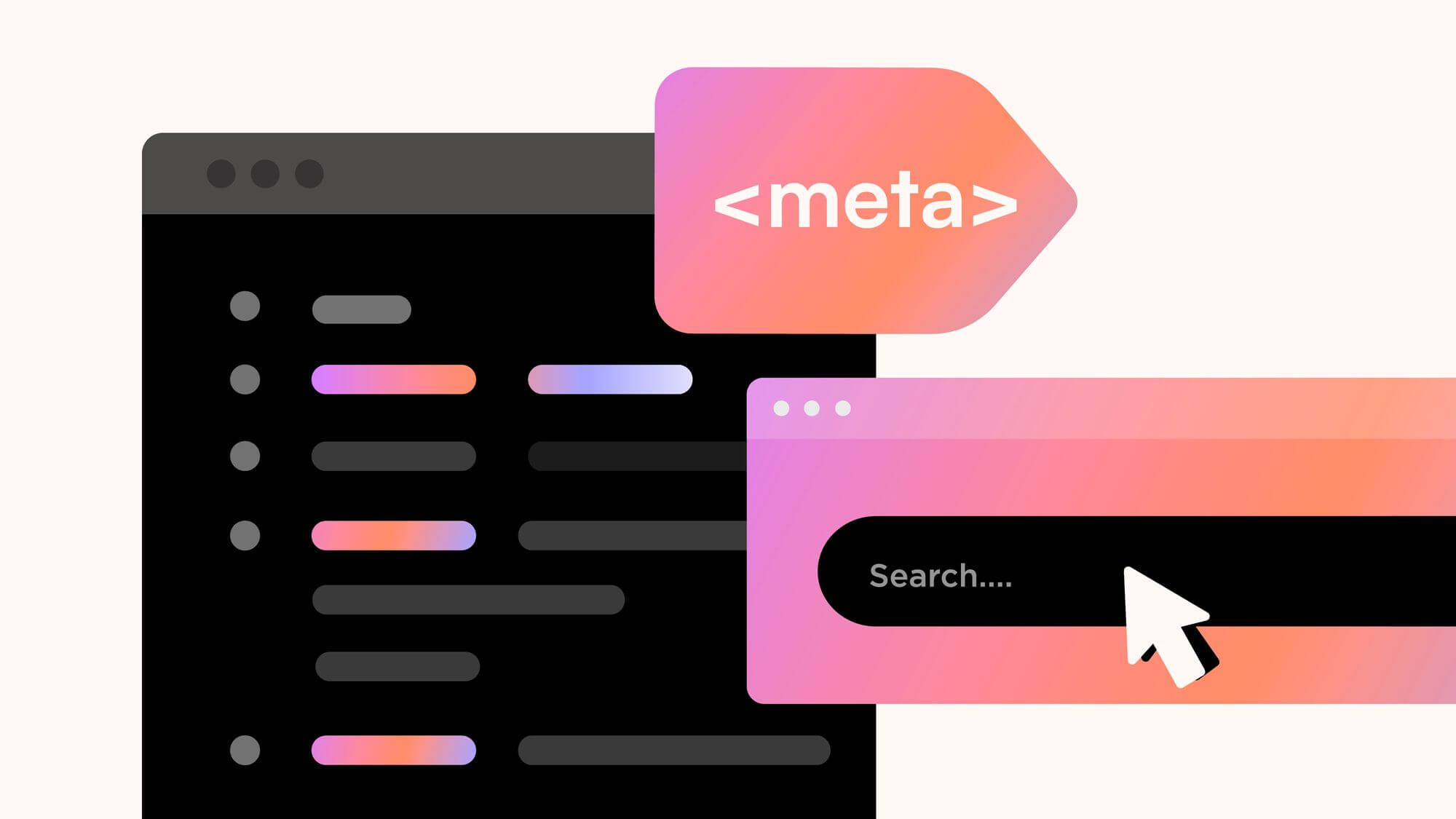
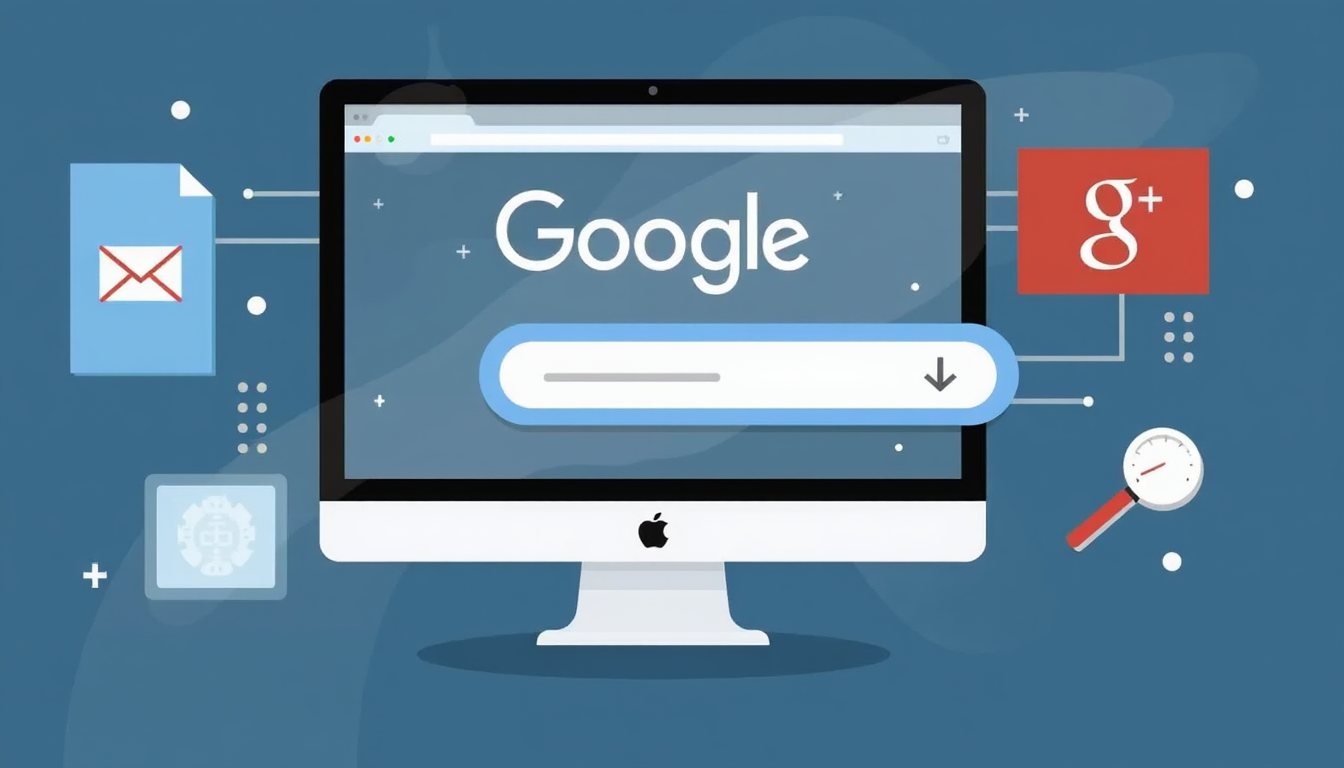
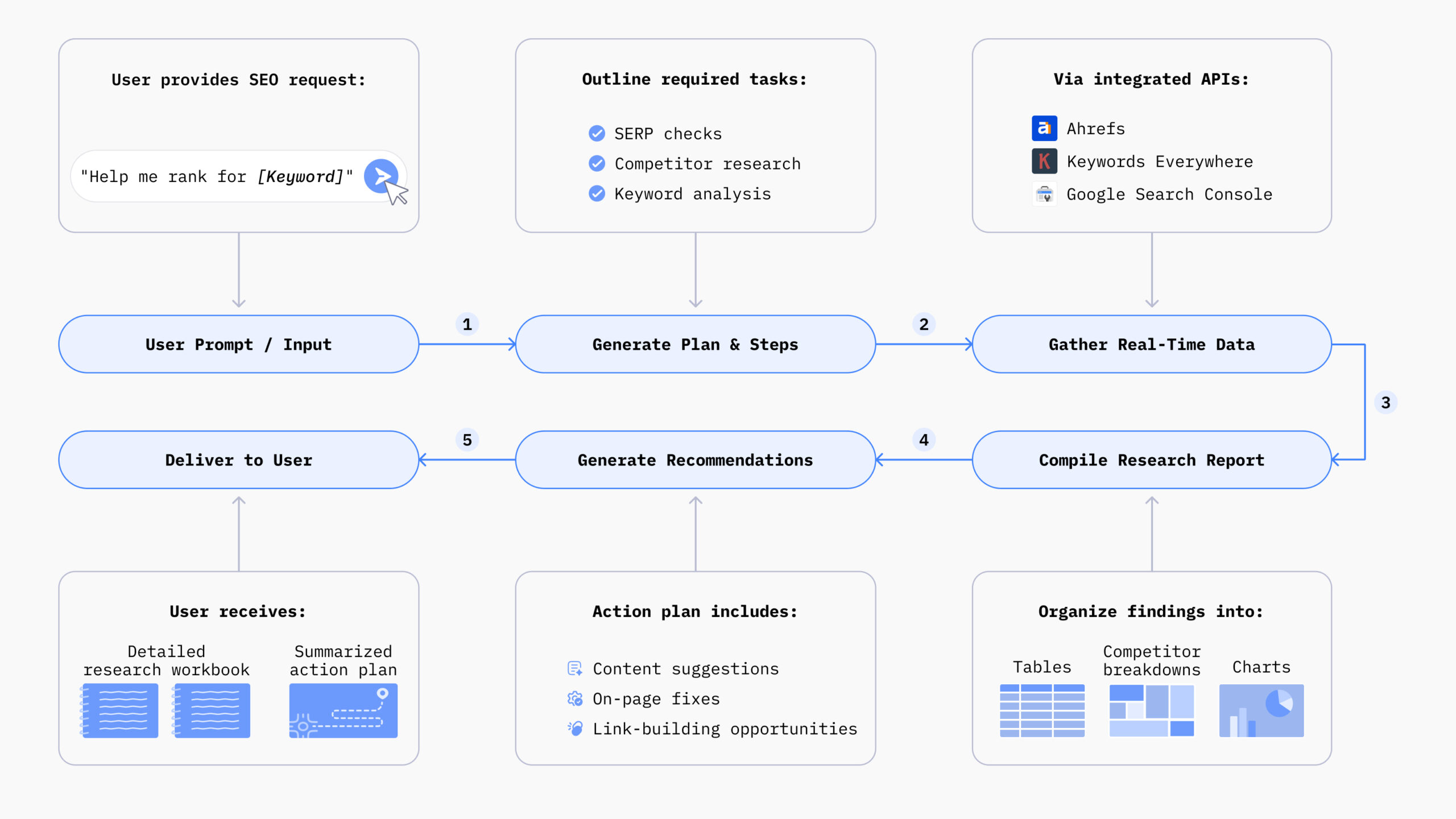
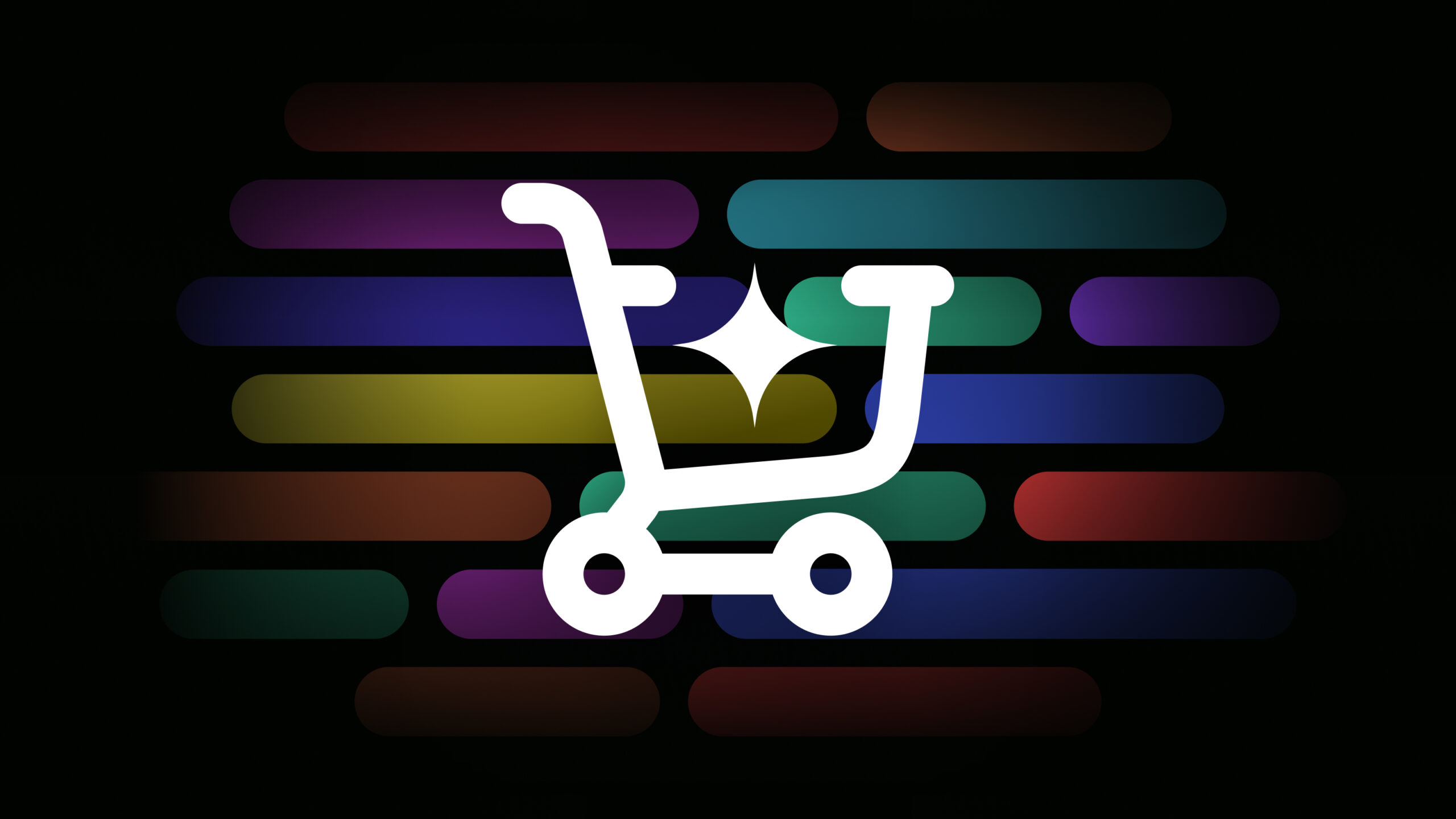
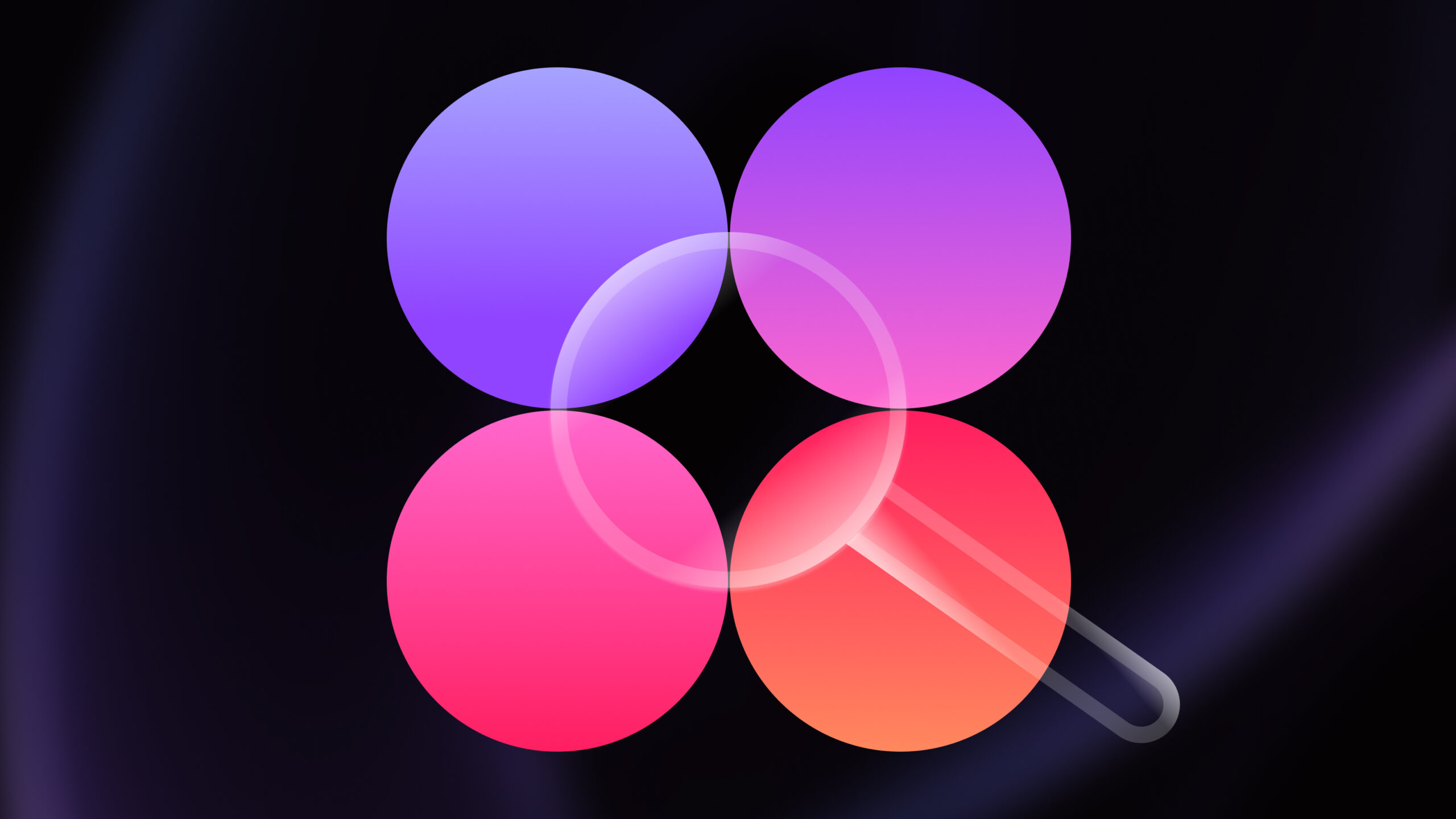
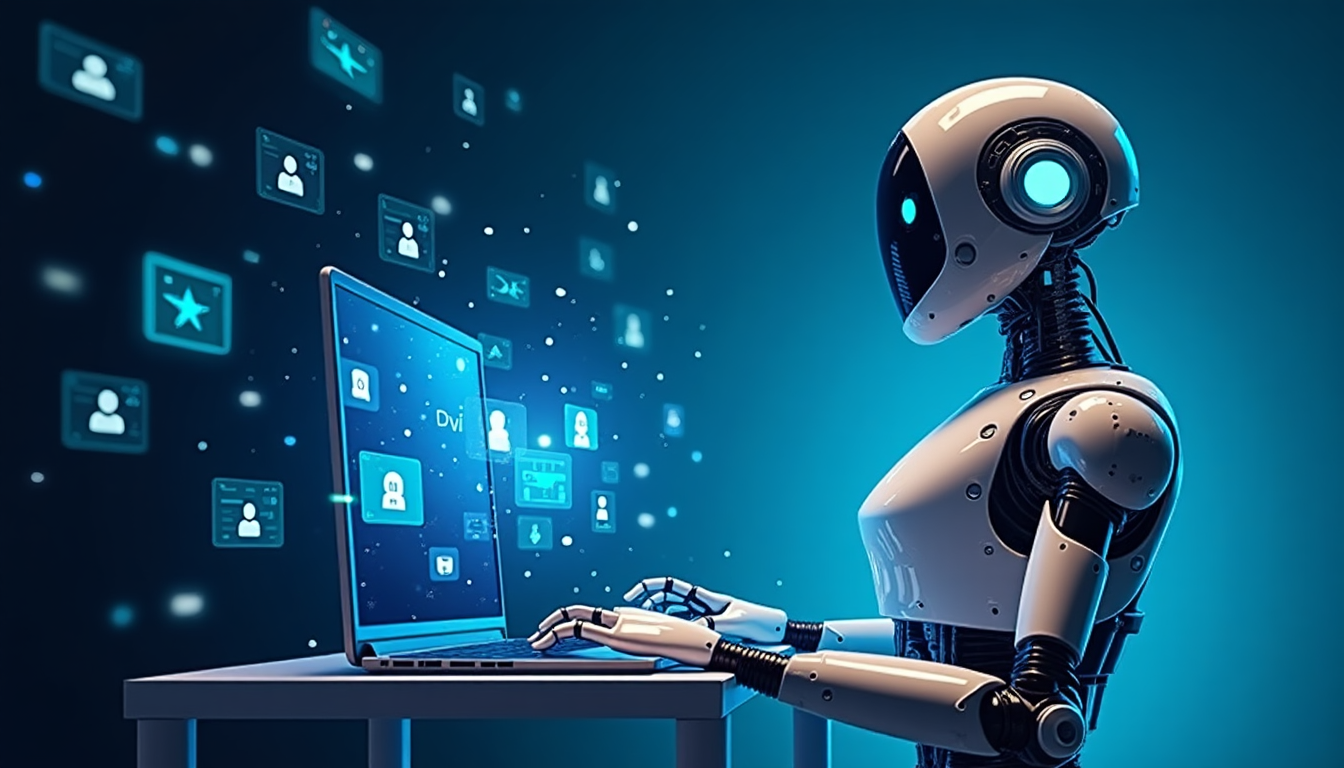
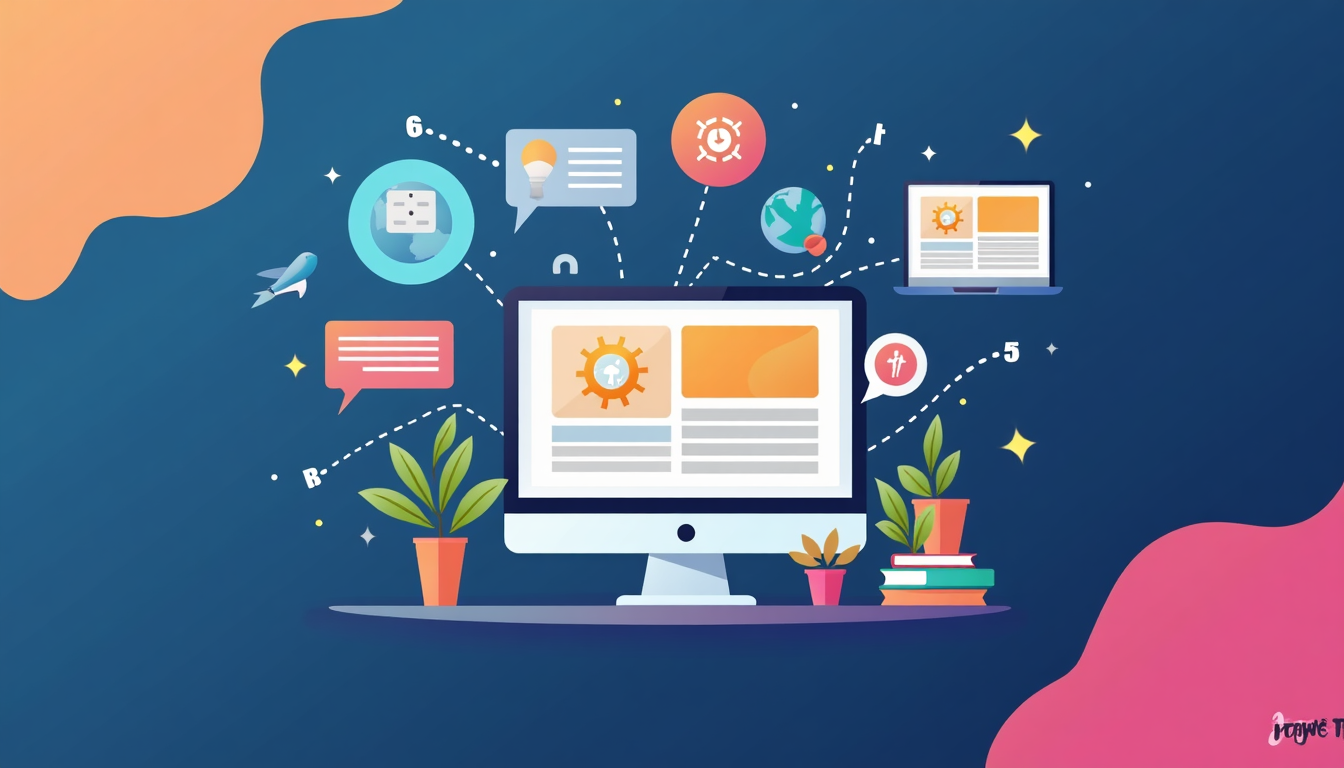

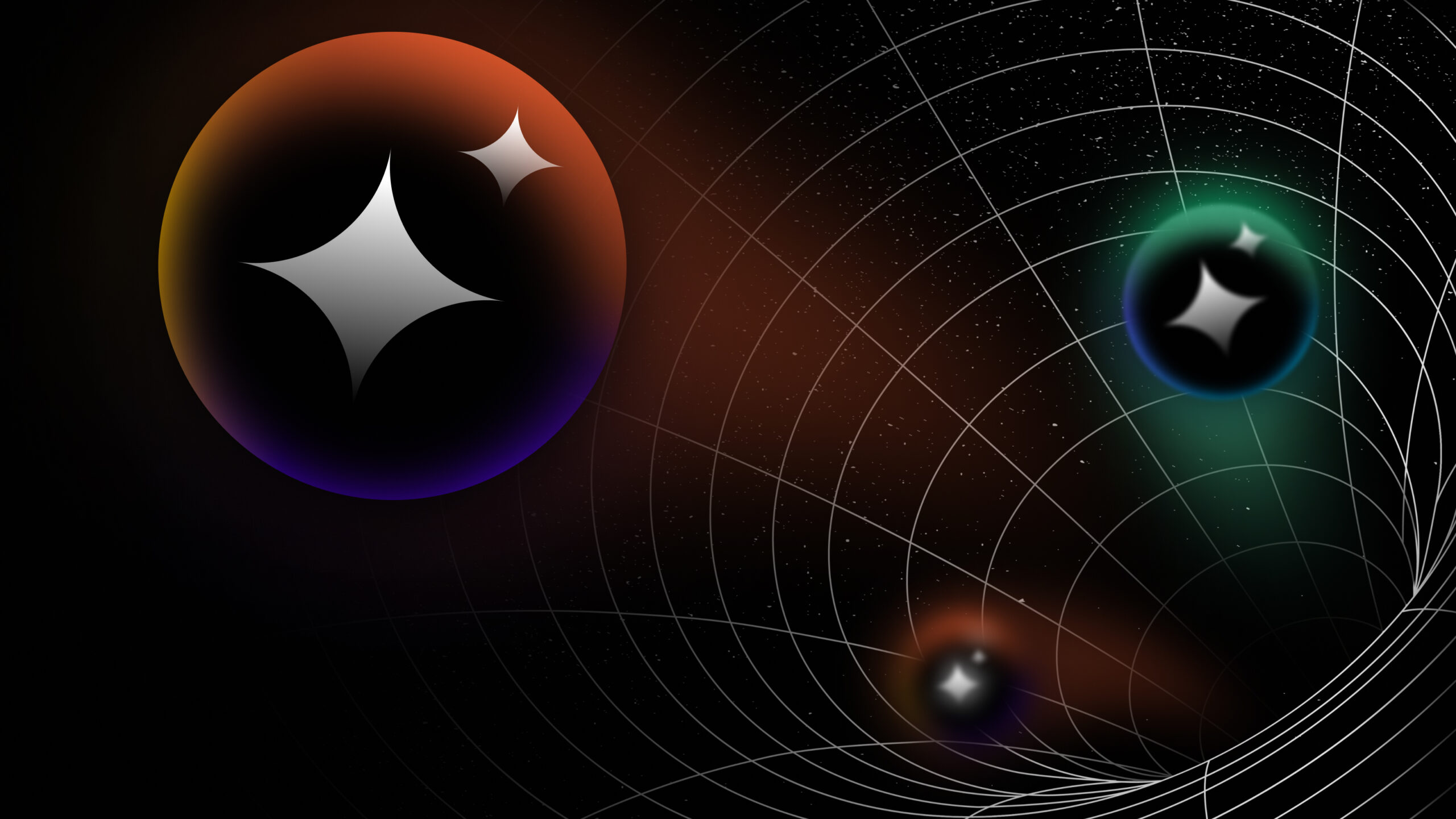
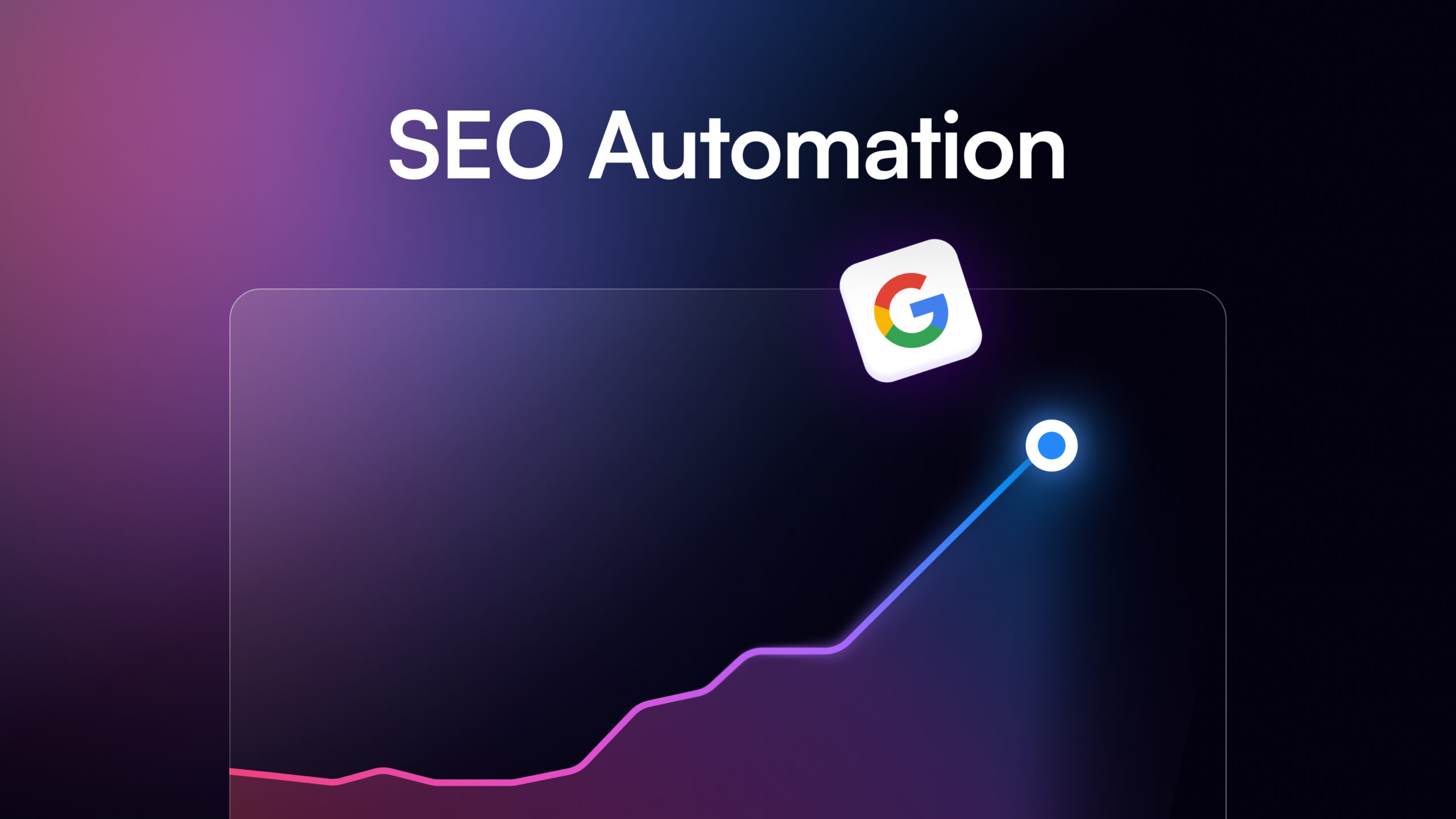
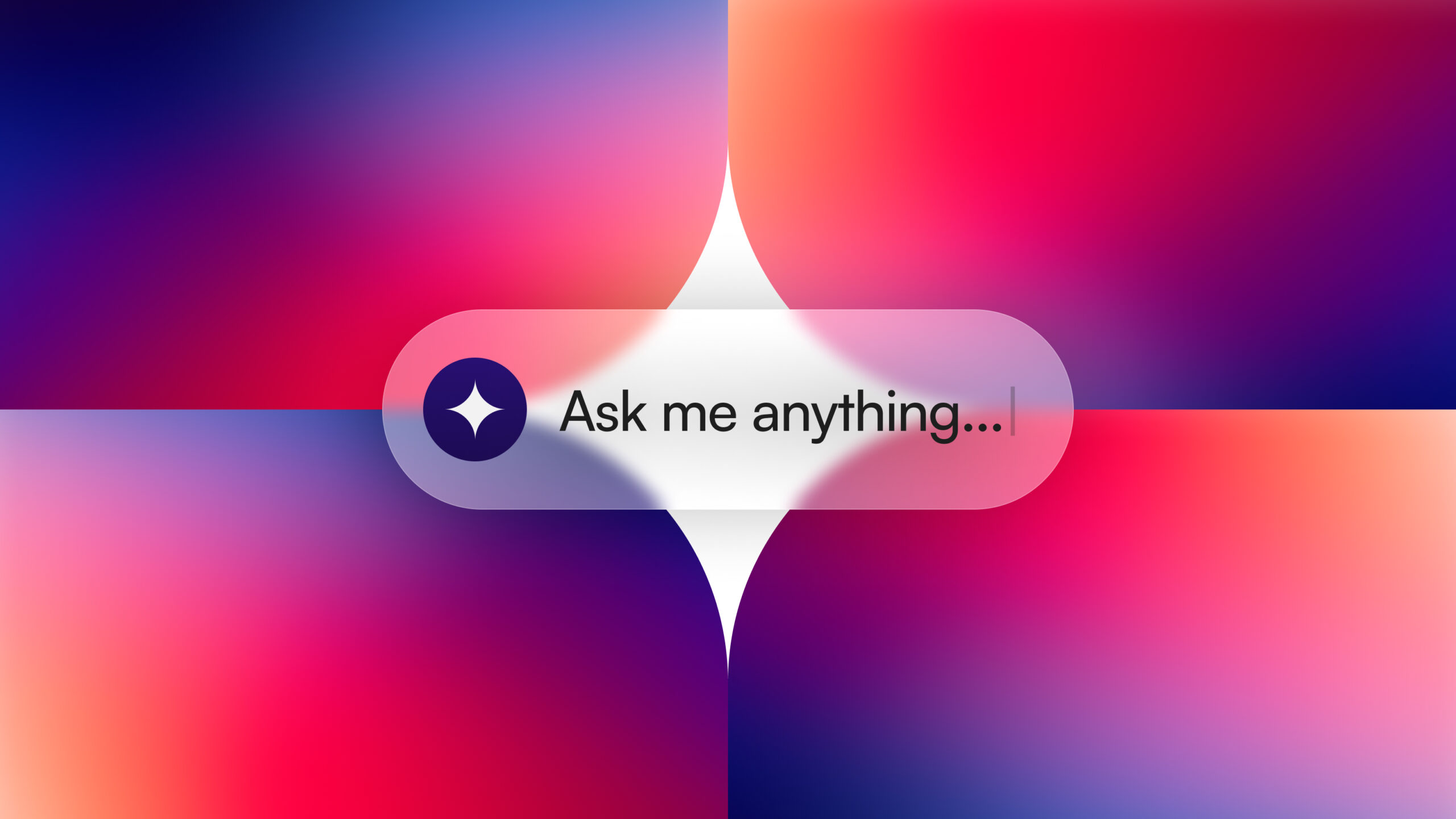
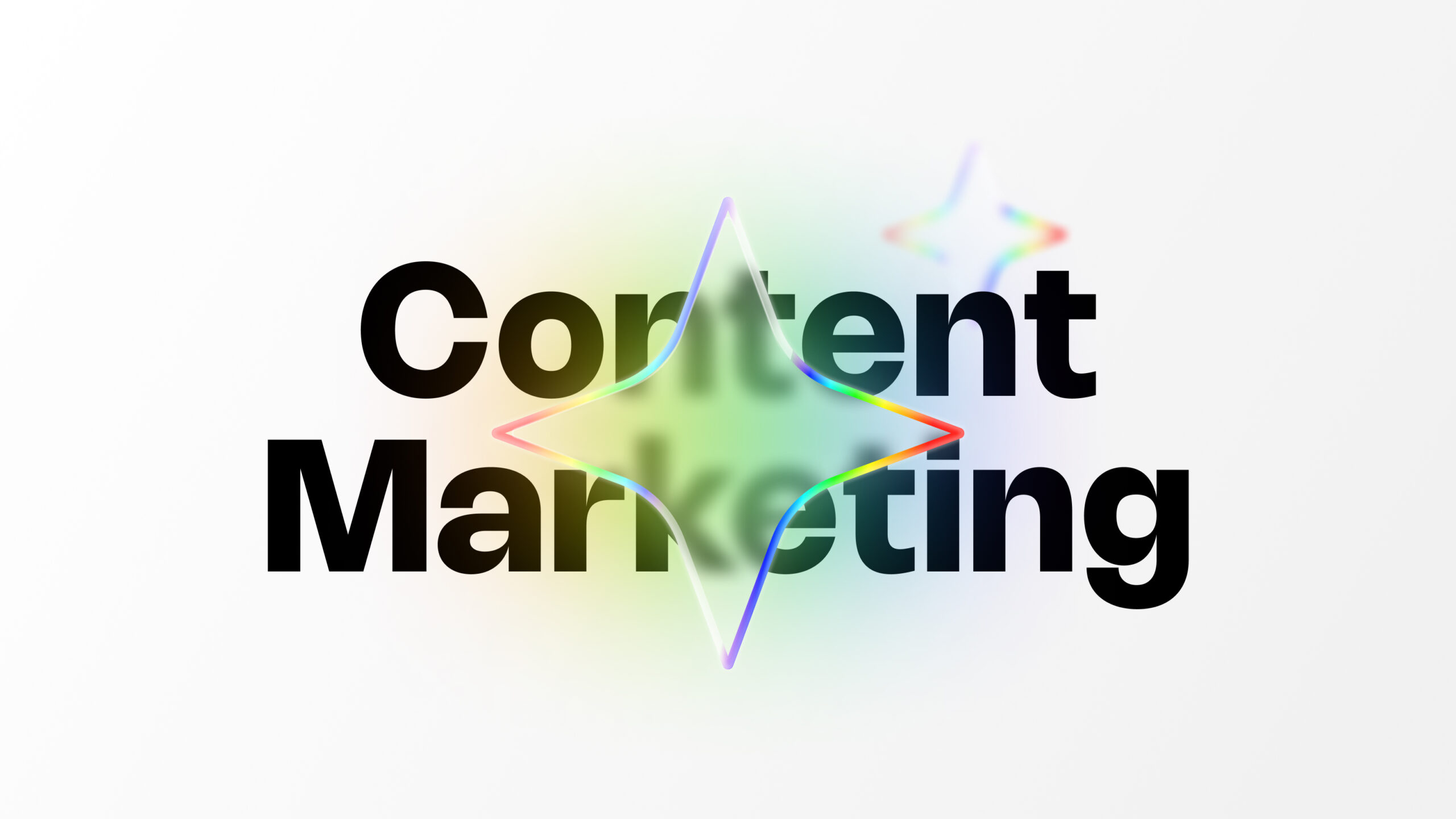

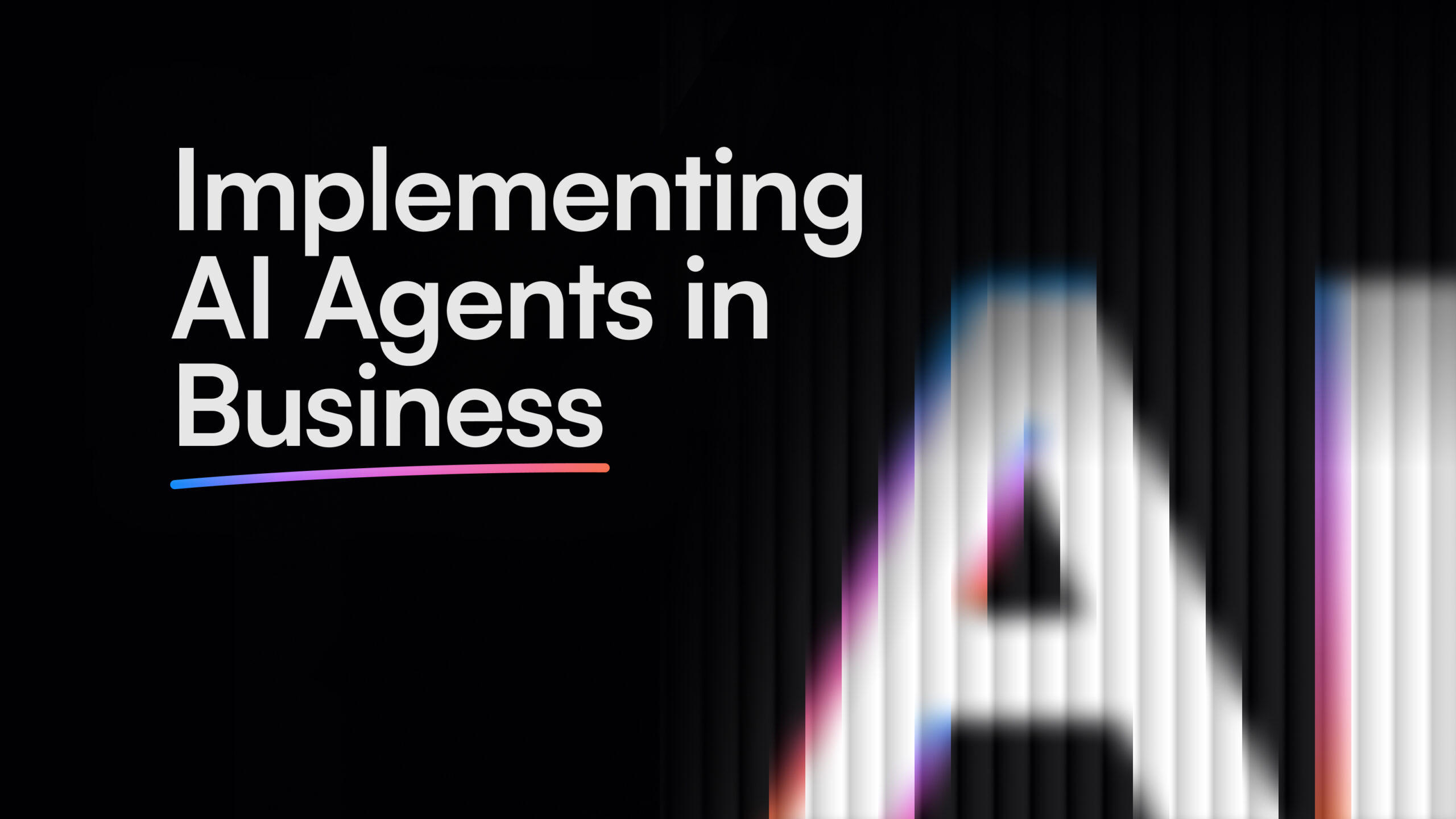
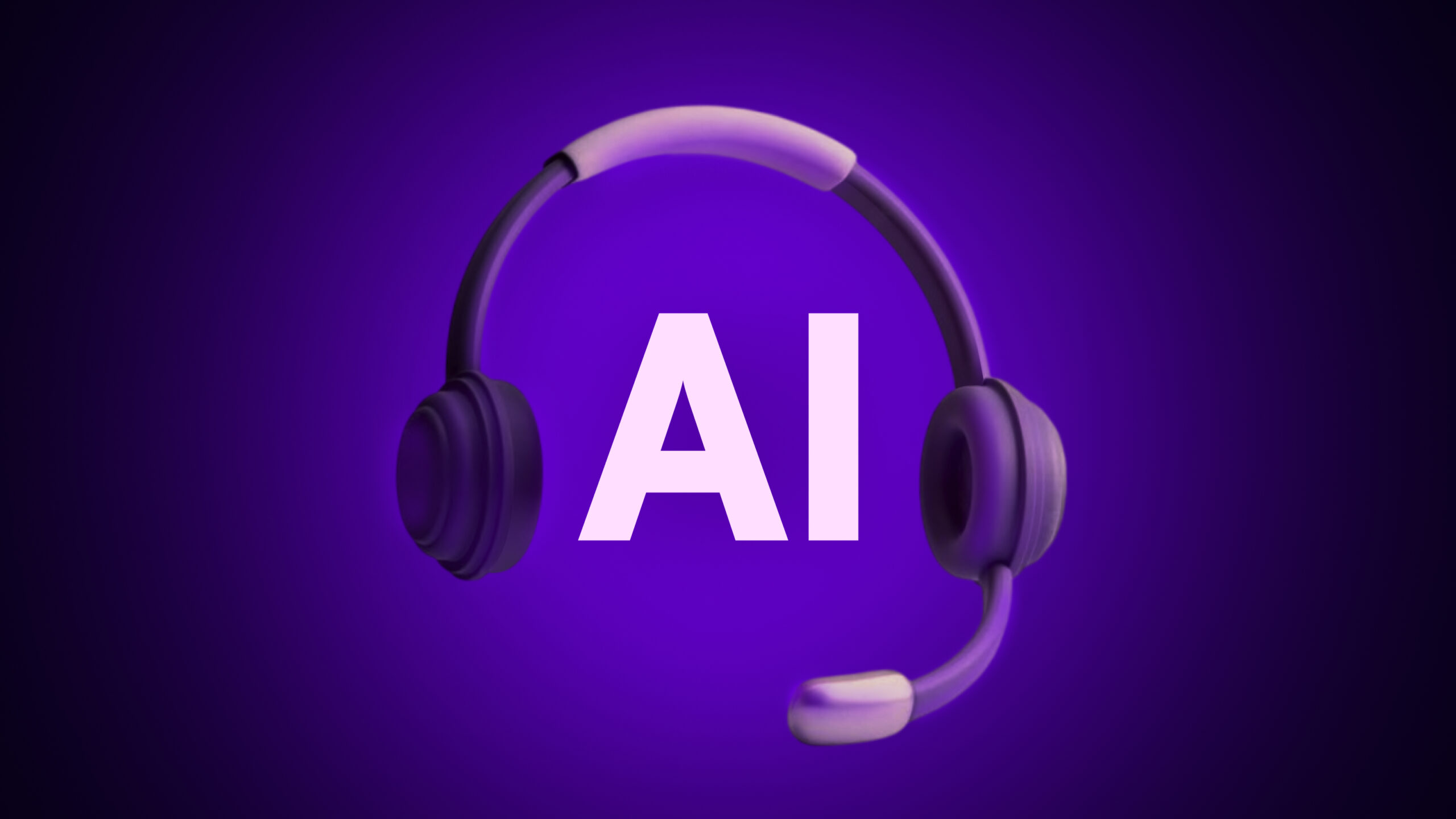
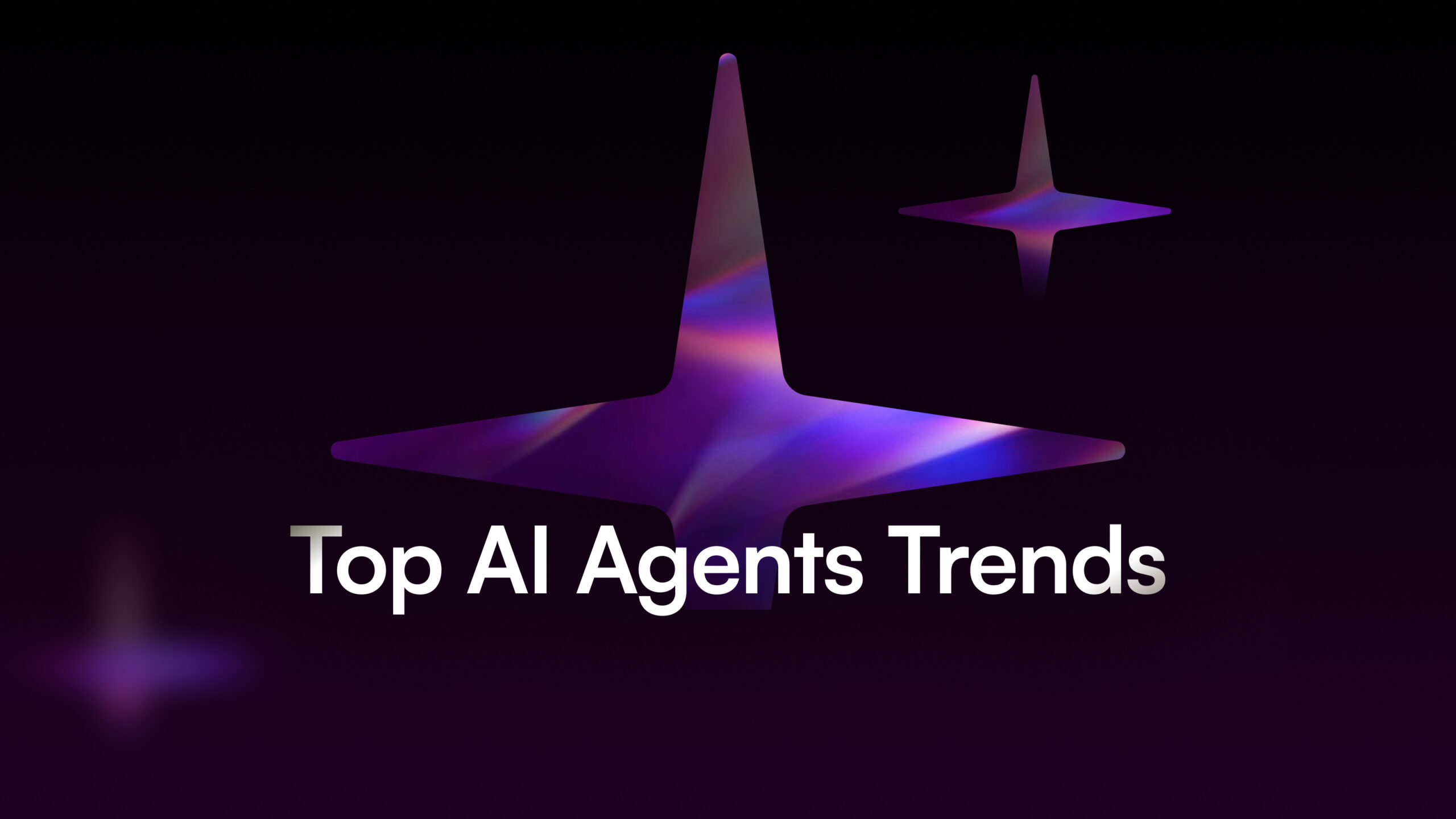
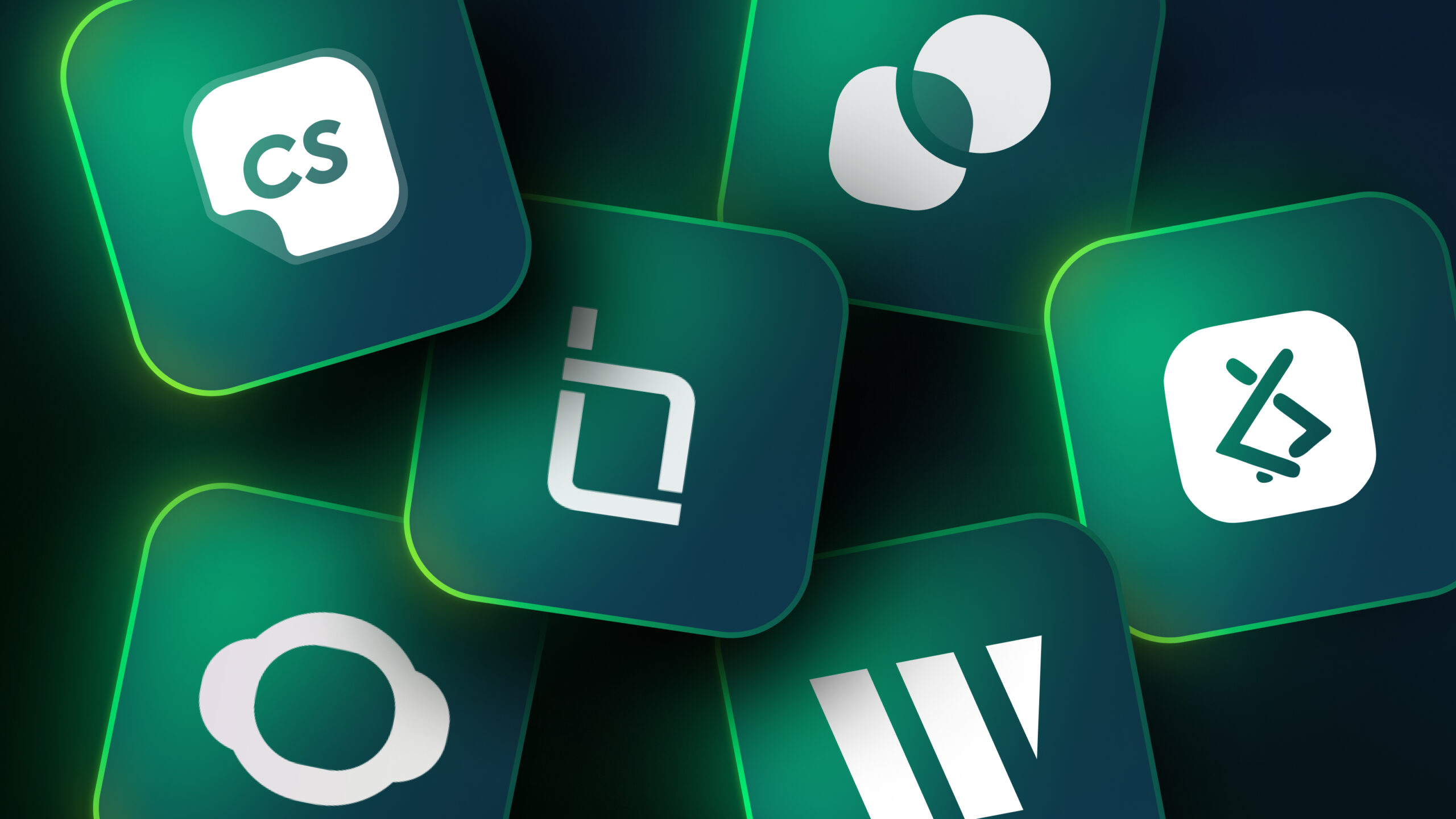
![How to Scale Your Business Using B2B AI Agents [+ Tools to Try]](/wp-content/uploads/B2B-AI-Agents-scaled.jpg)
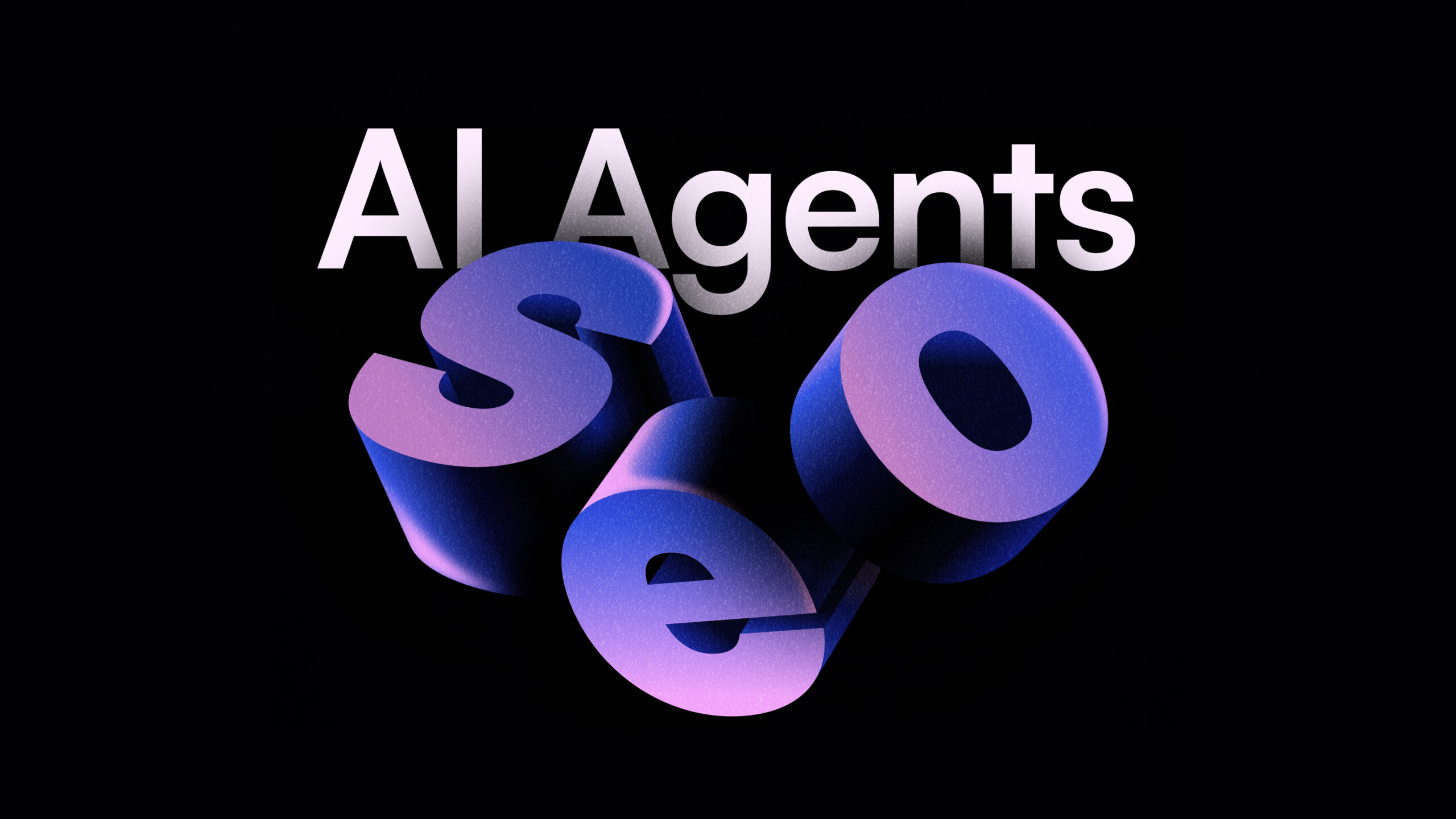
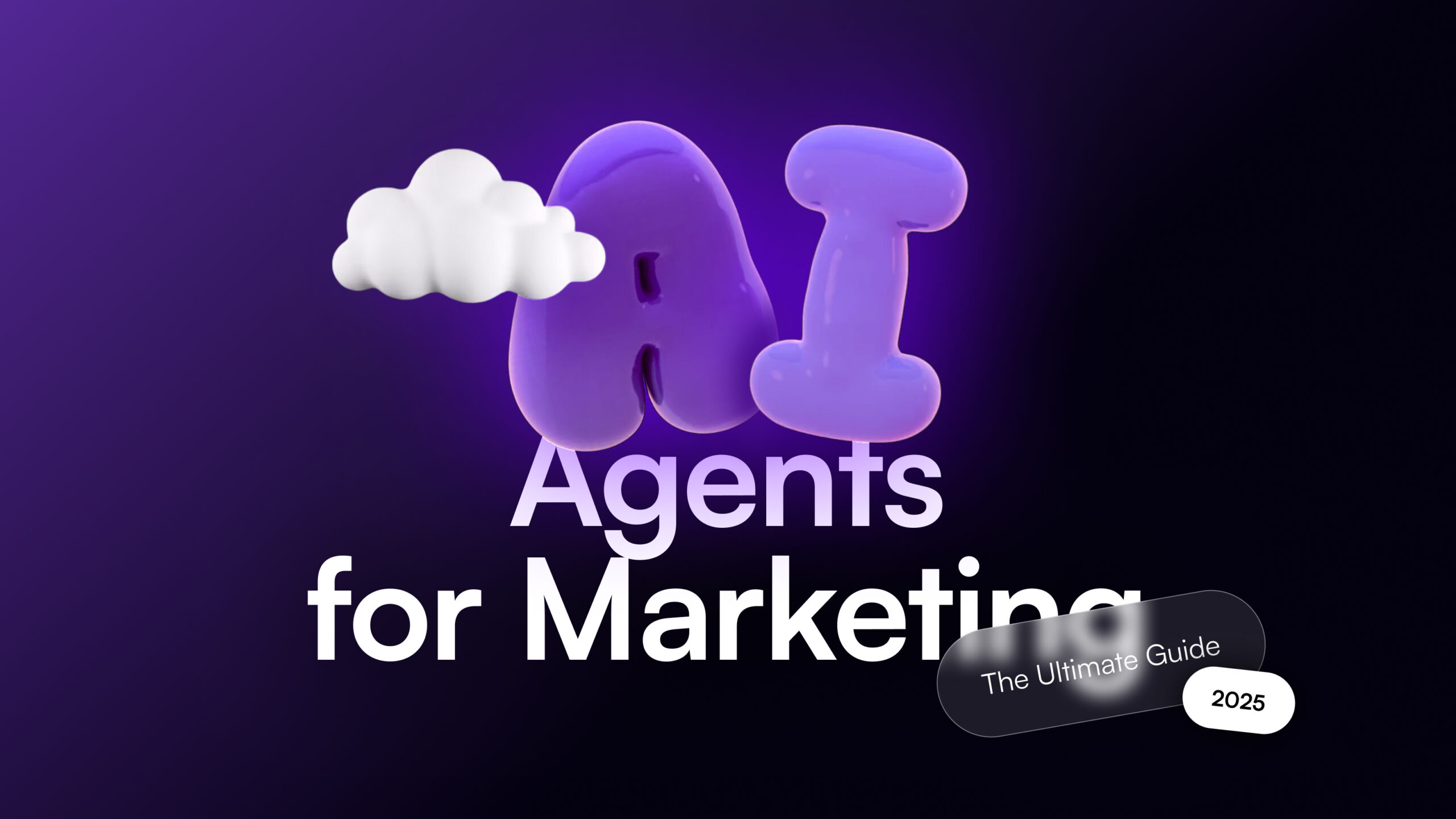
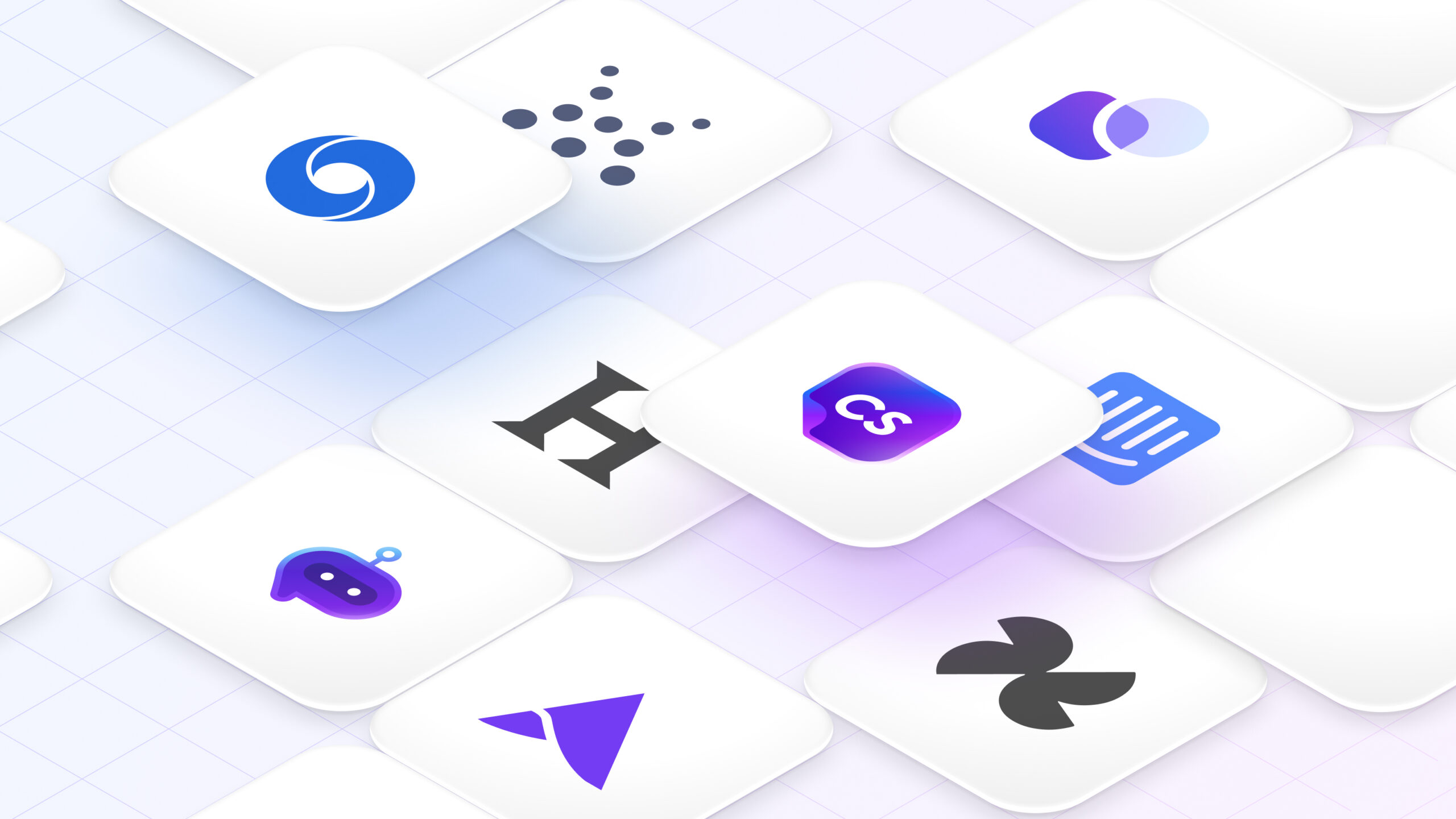
![40 AI Agent Use Cases Across Industries [+Real World Examples]](/wp-content/uploads/AI-Agent-Use-Cases-1-scaled.jpg)
